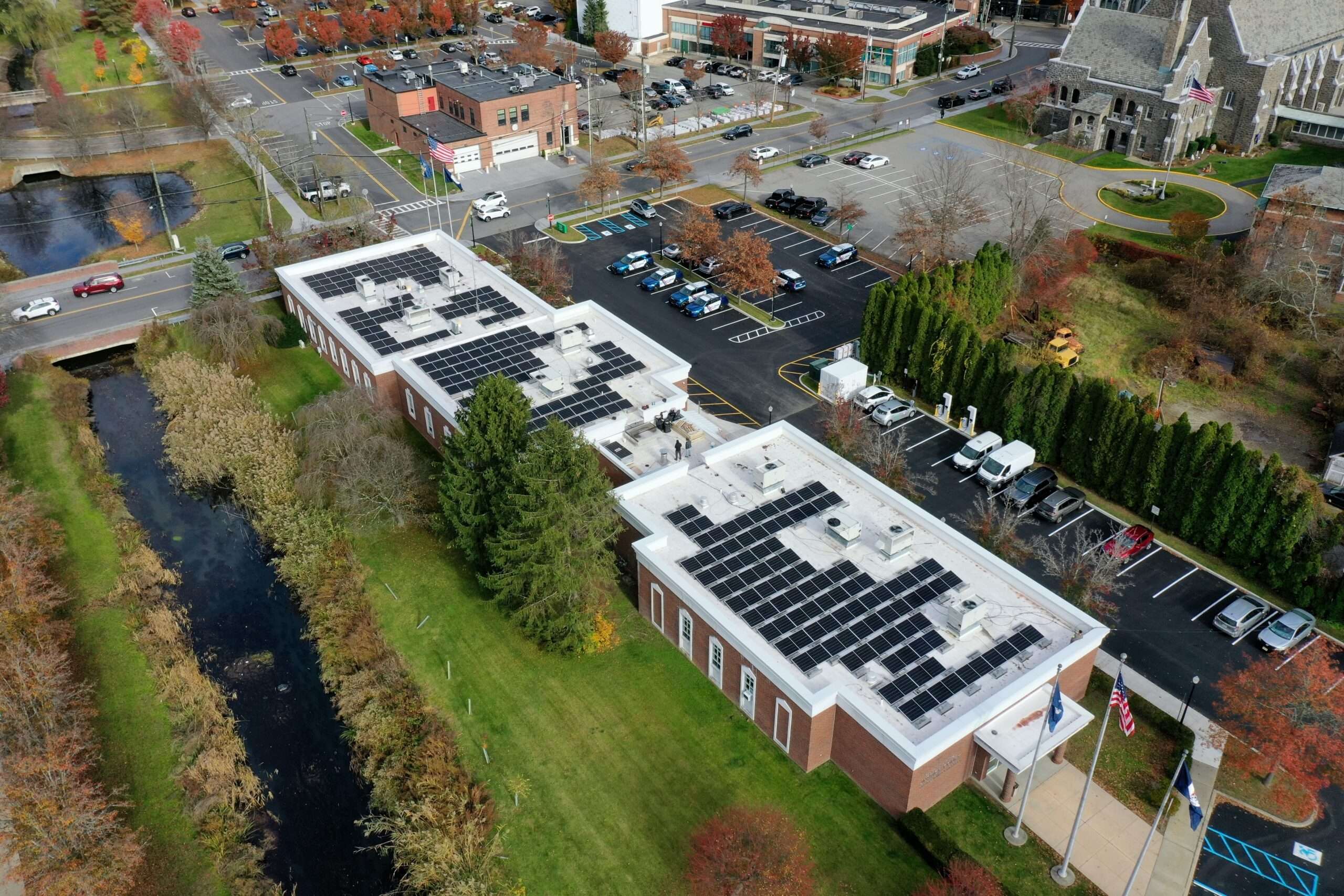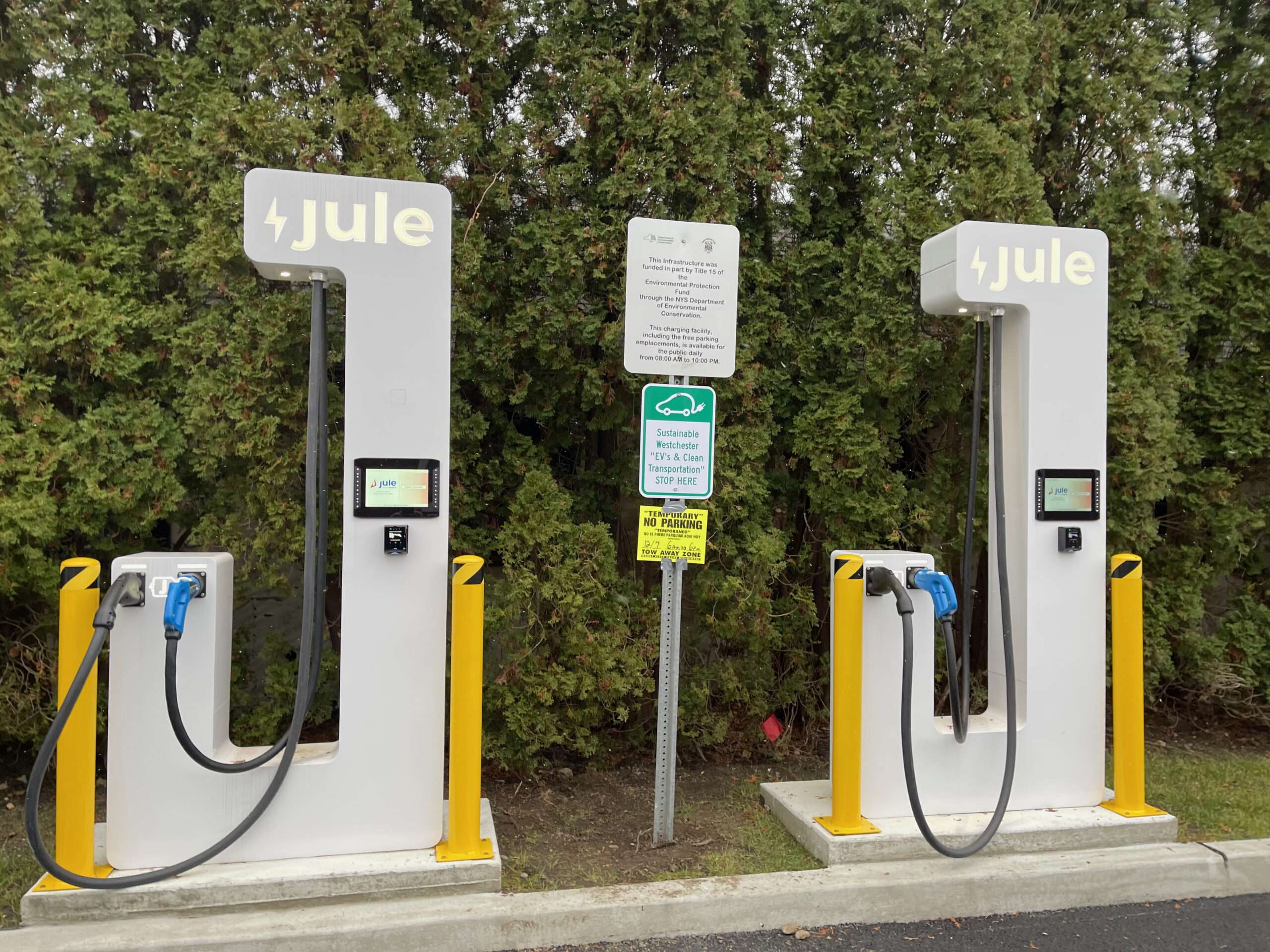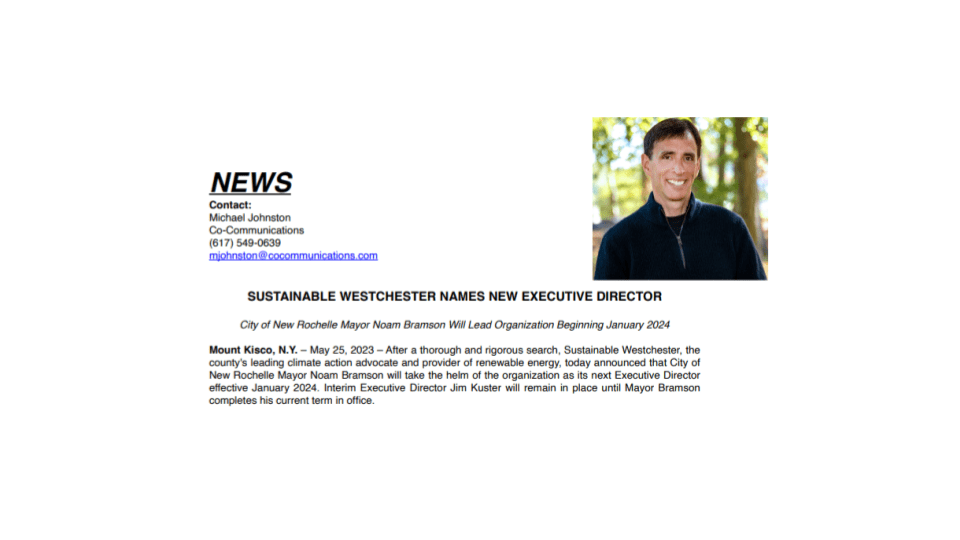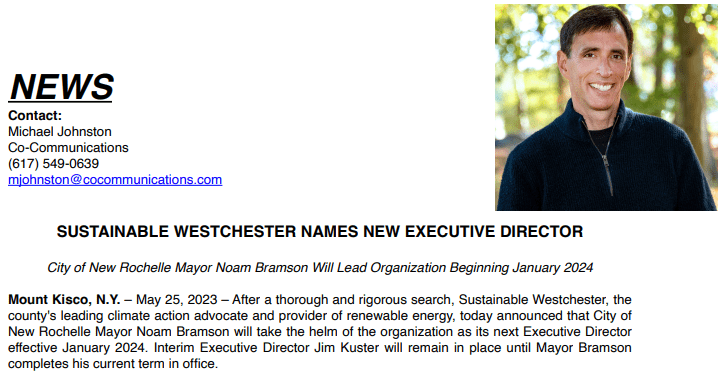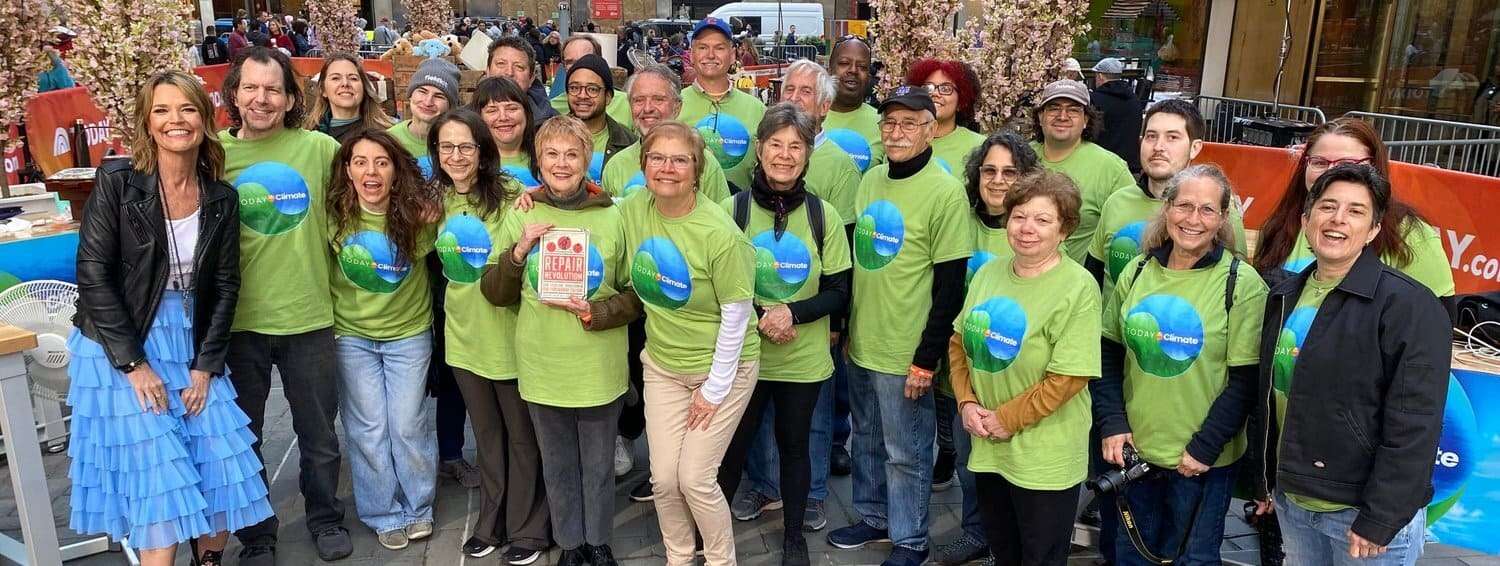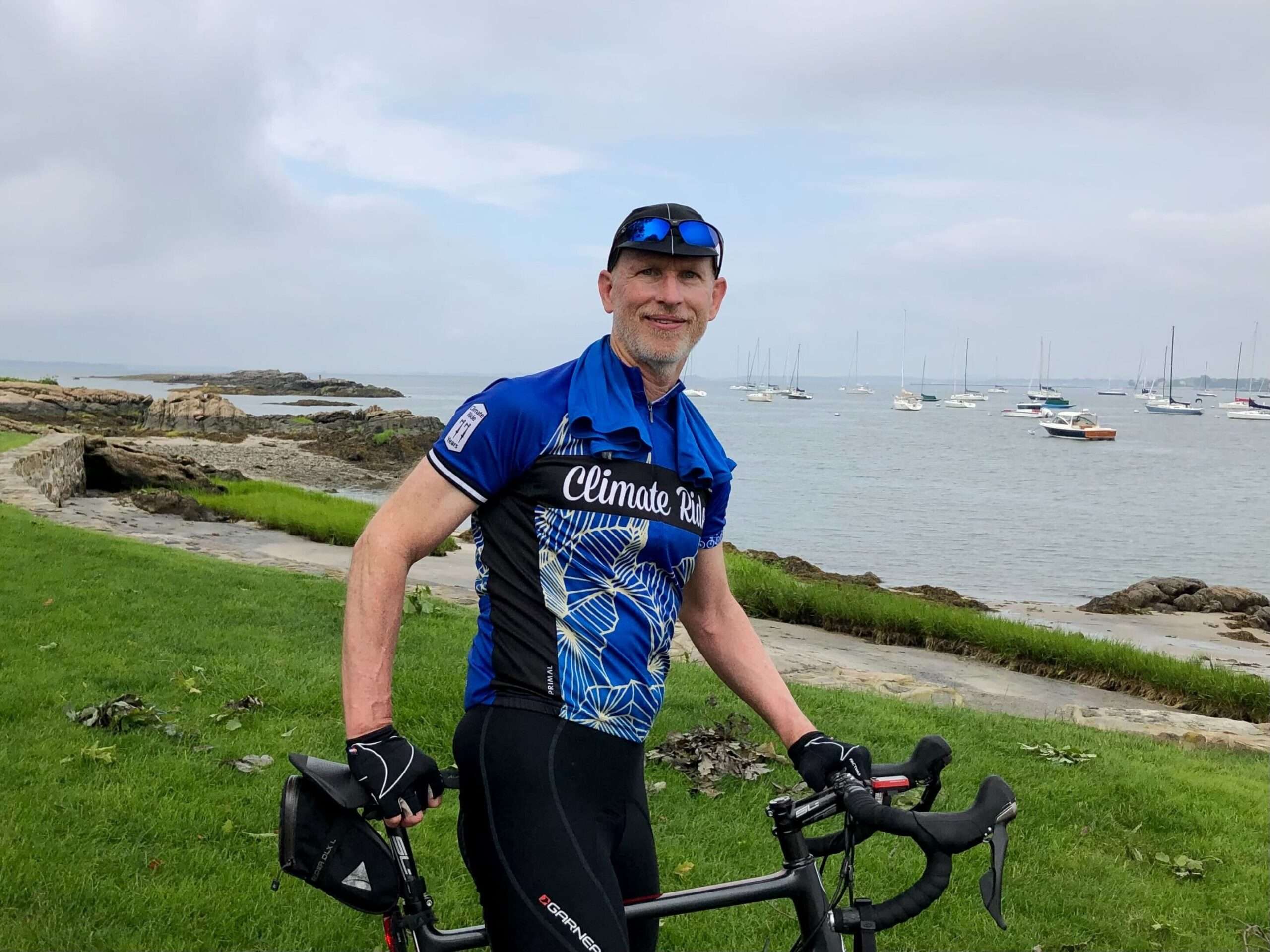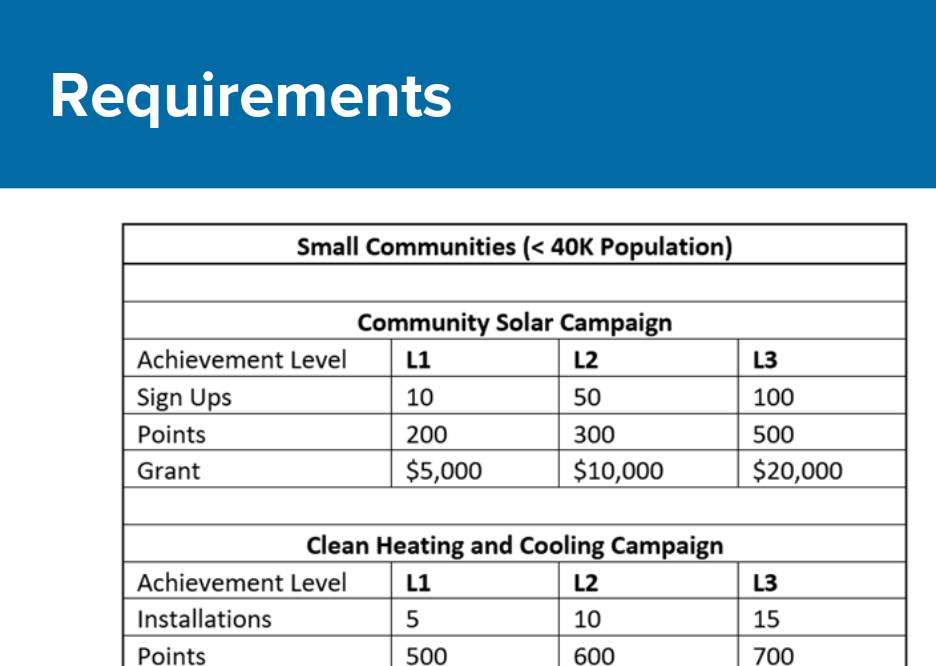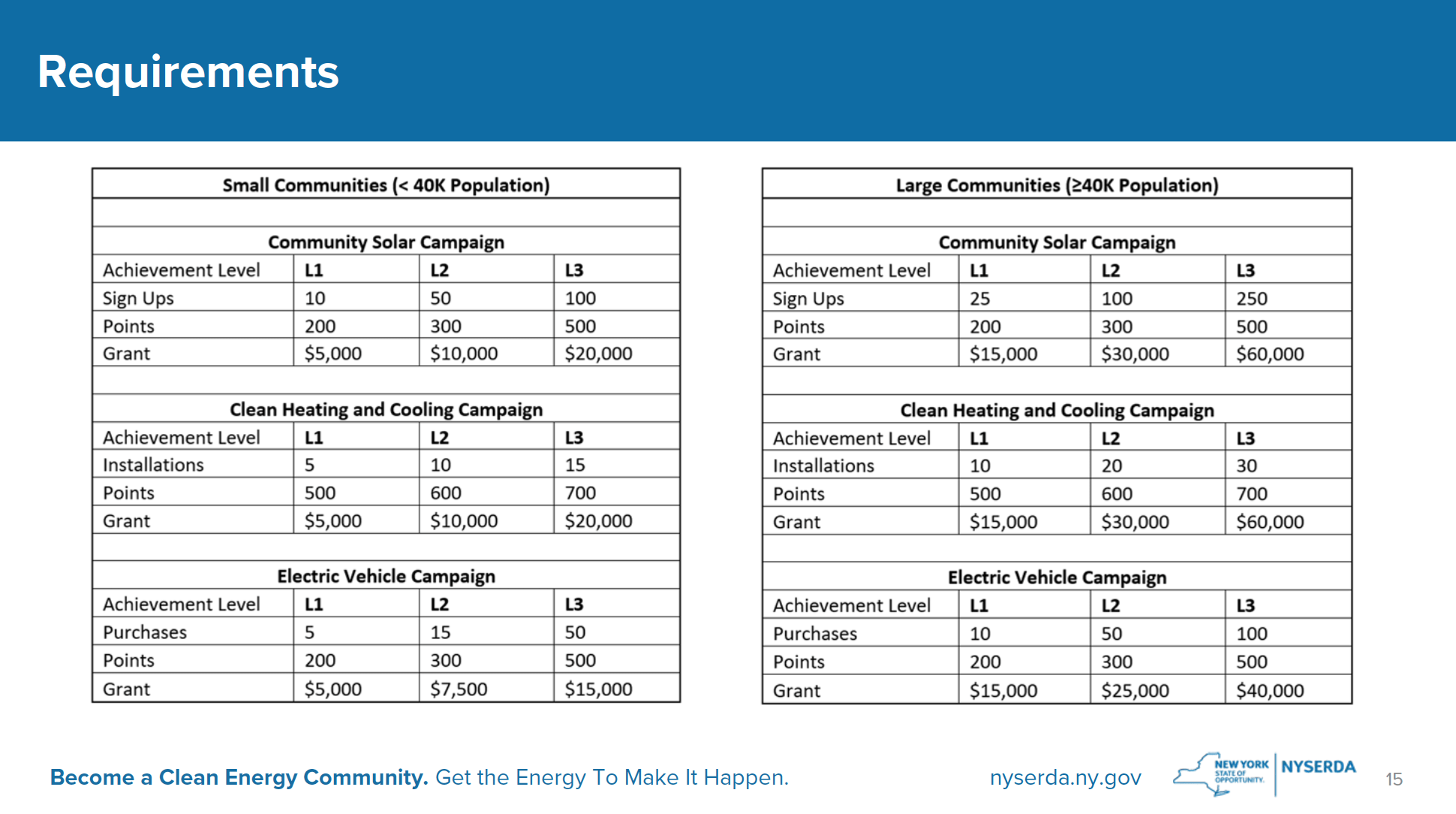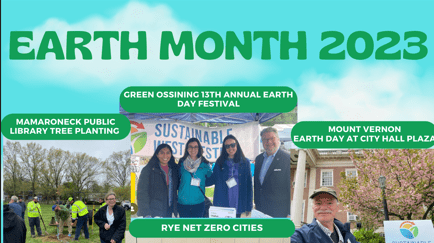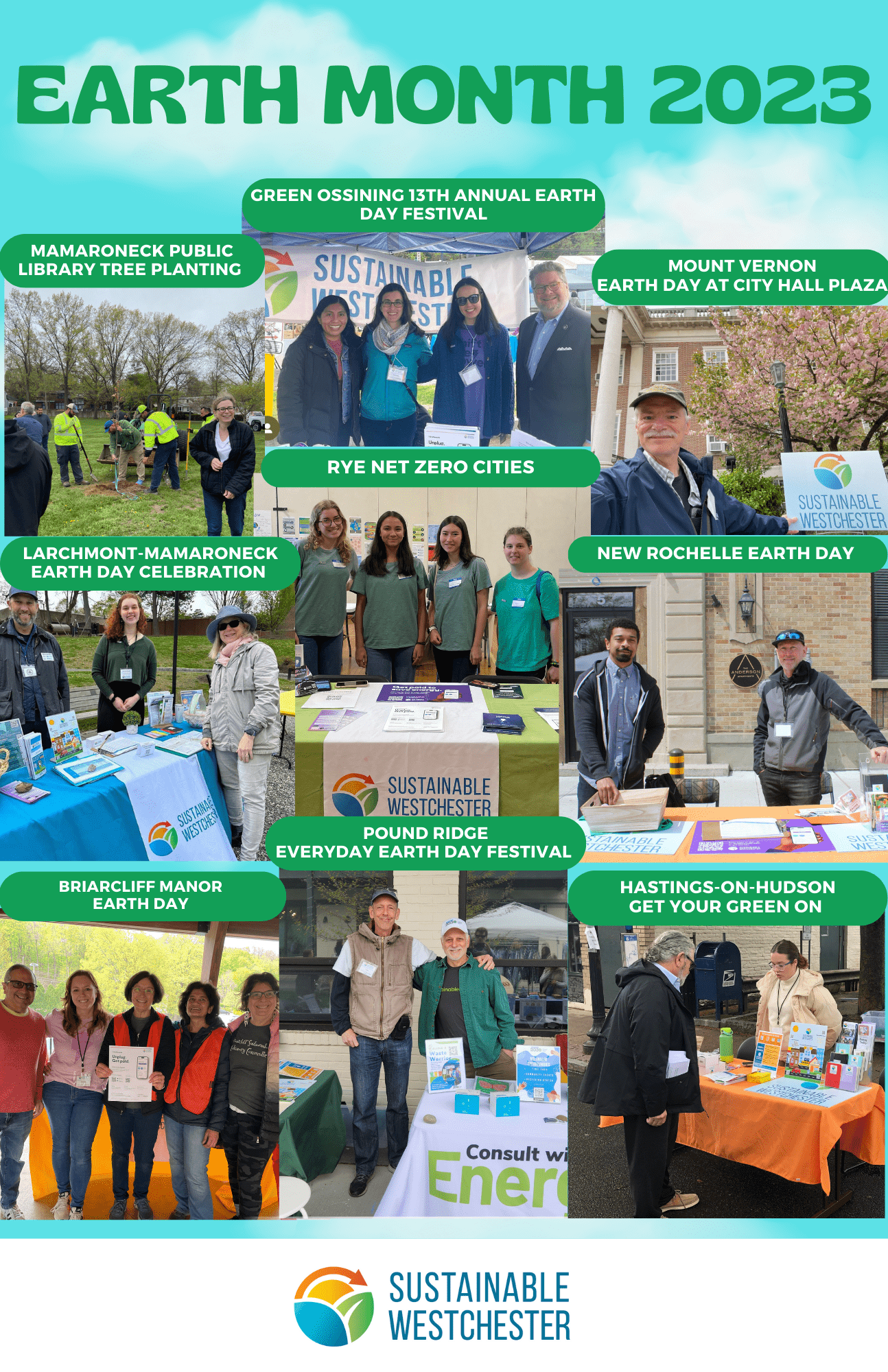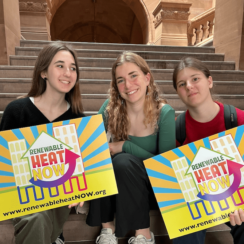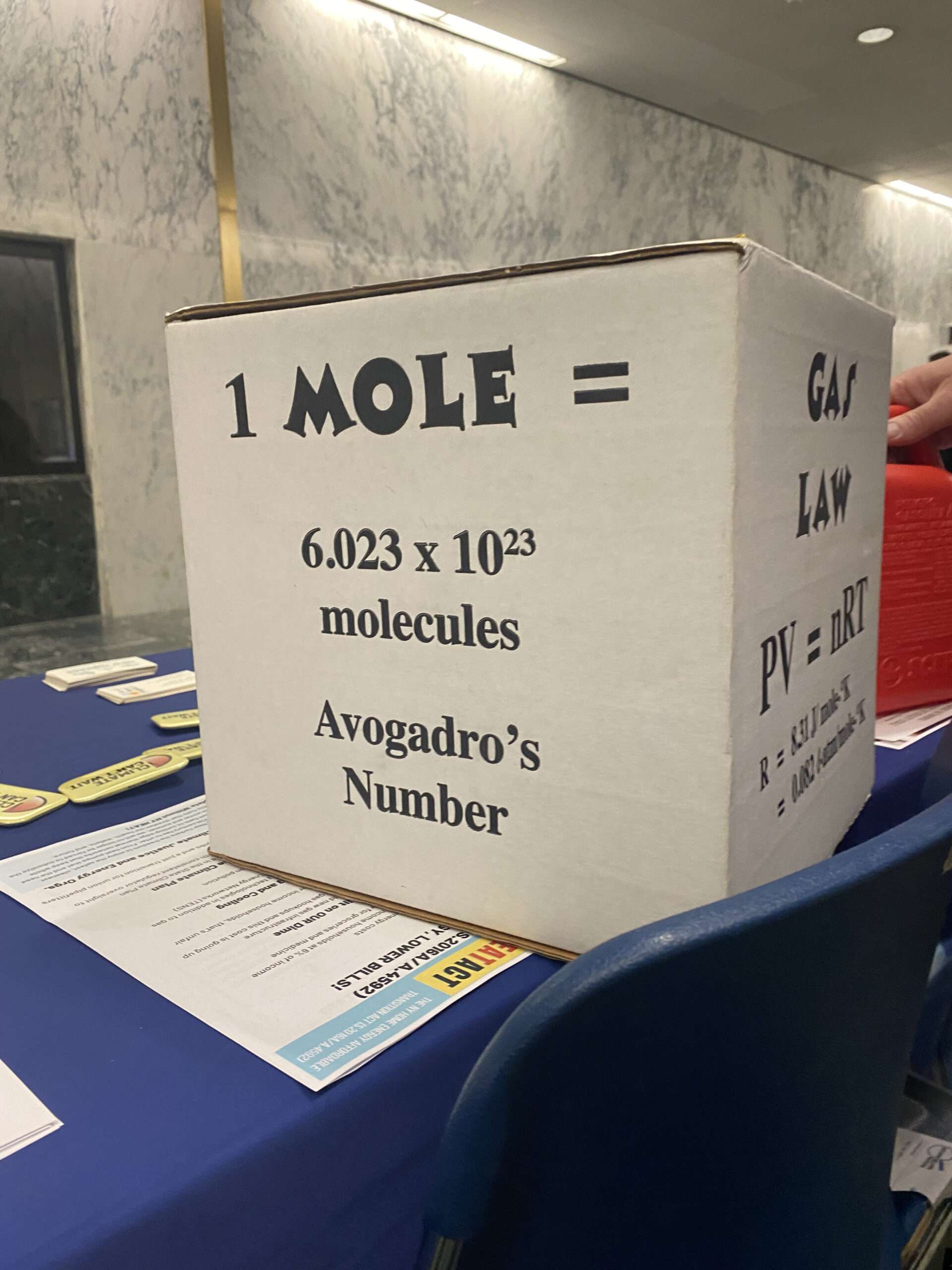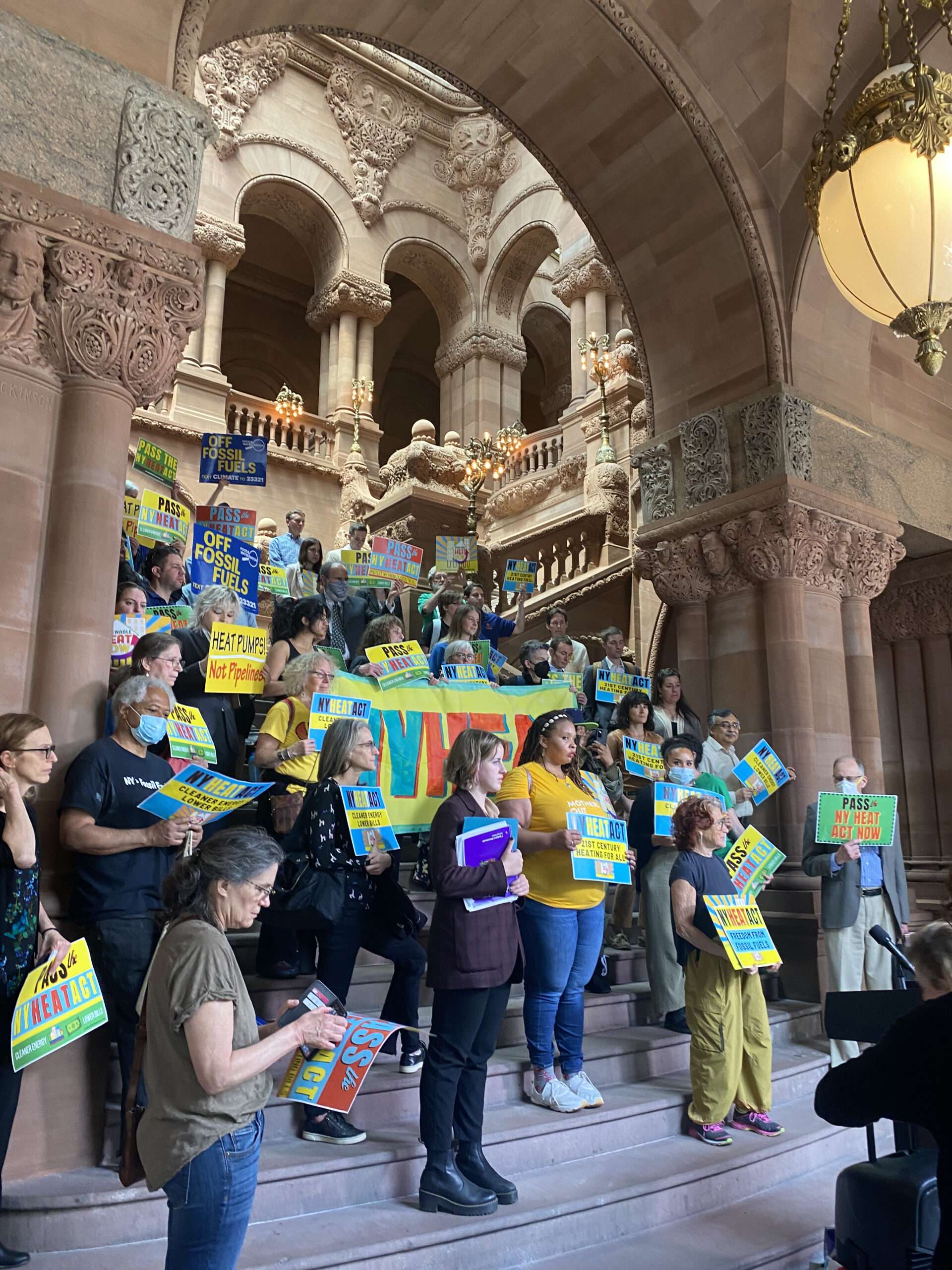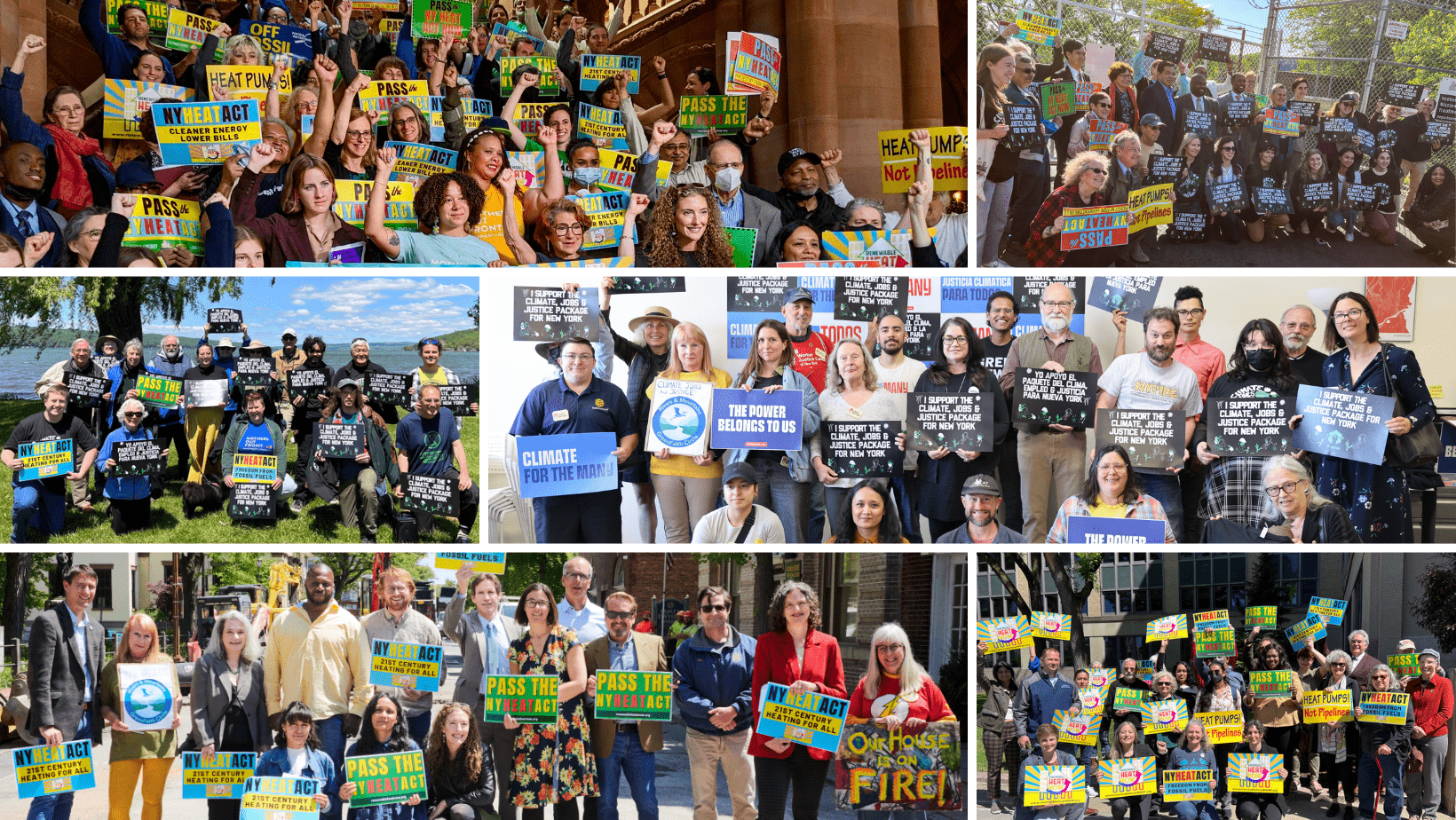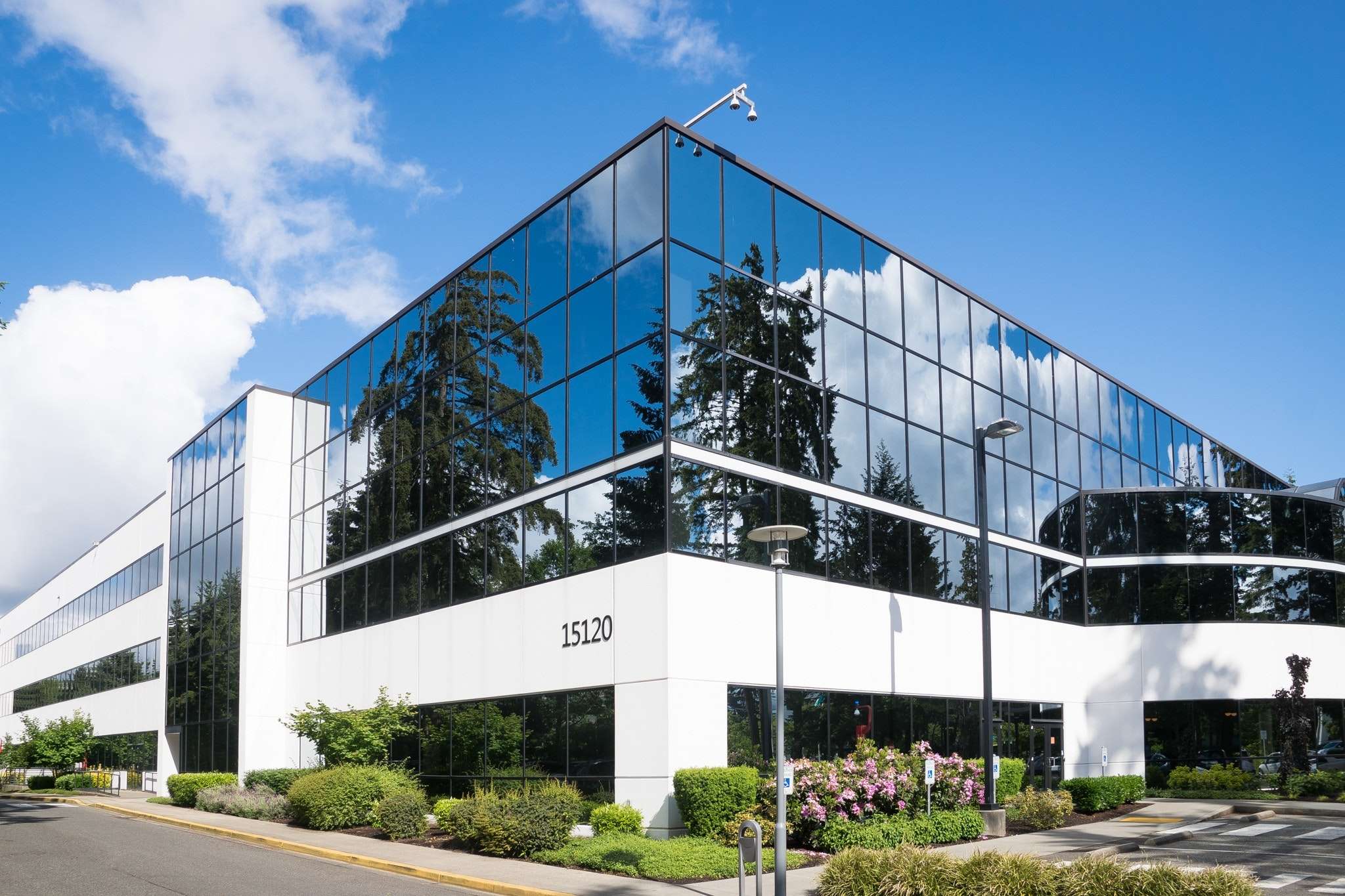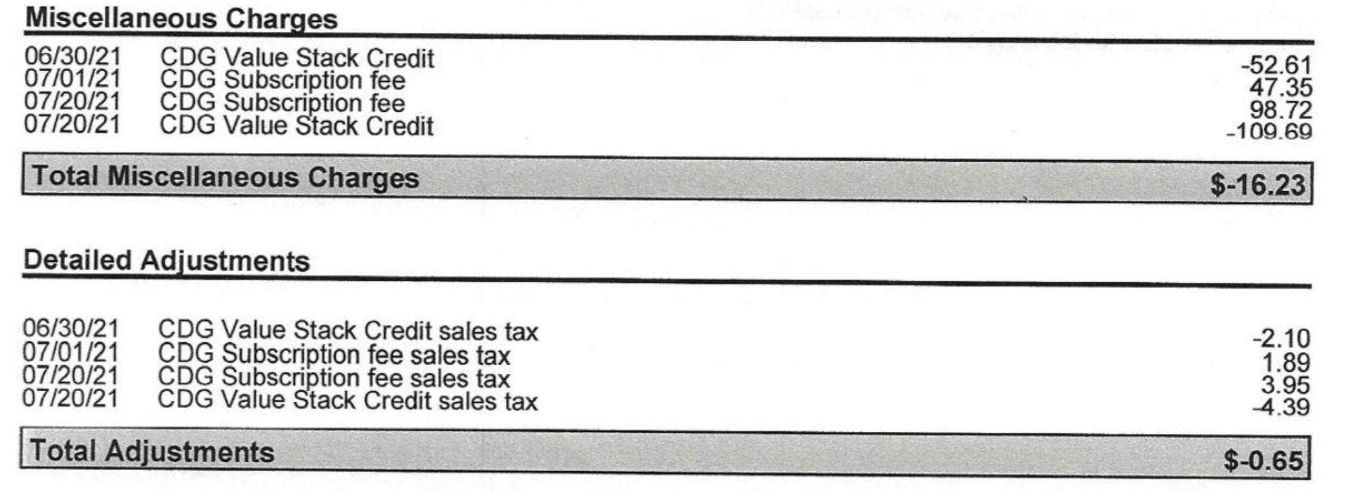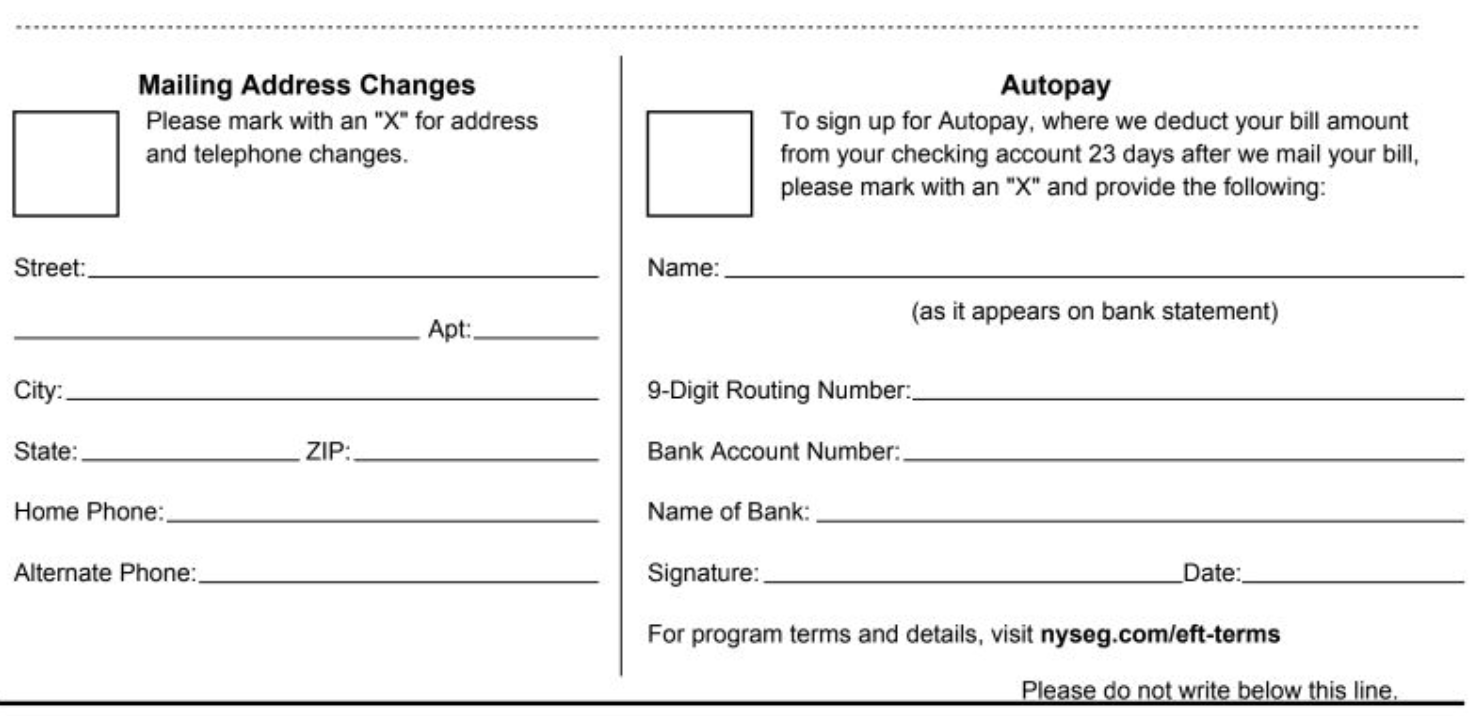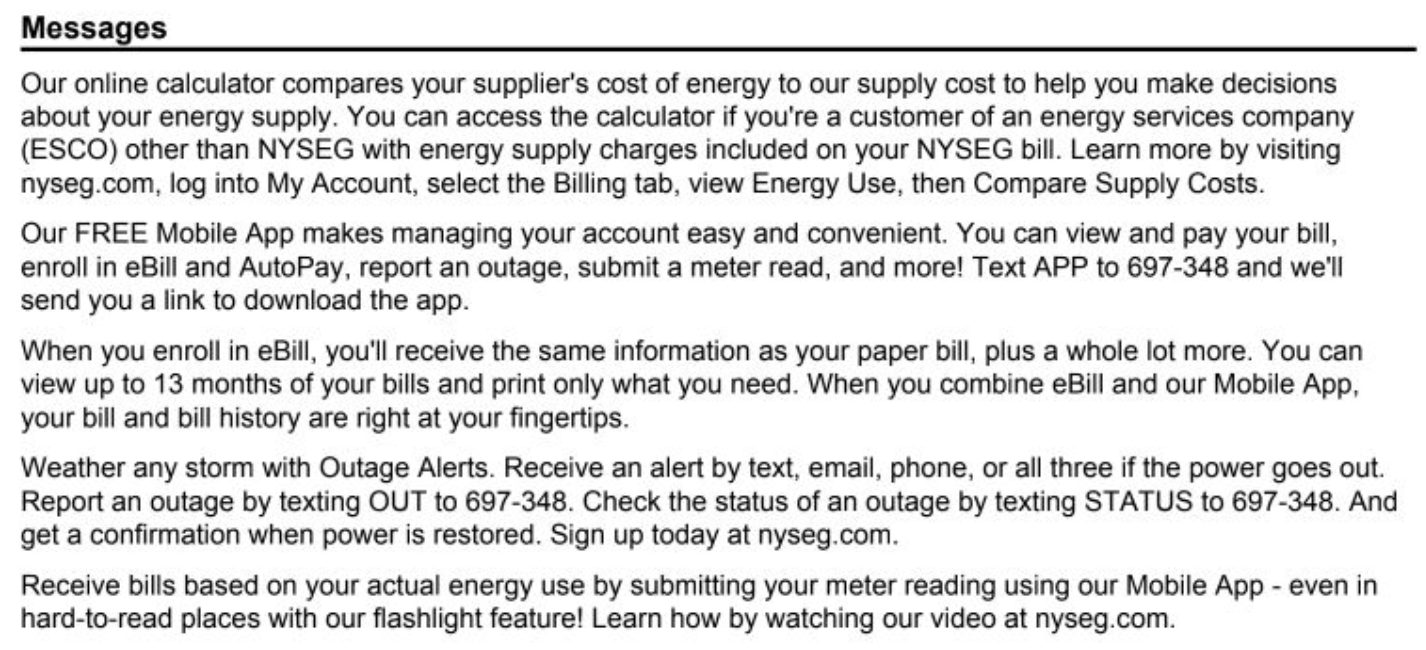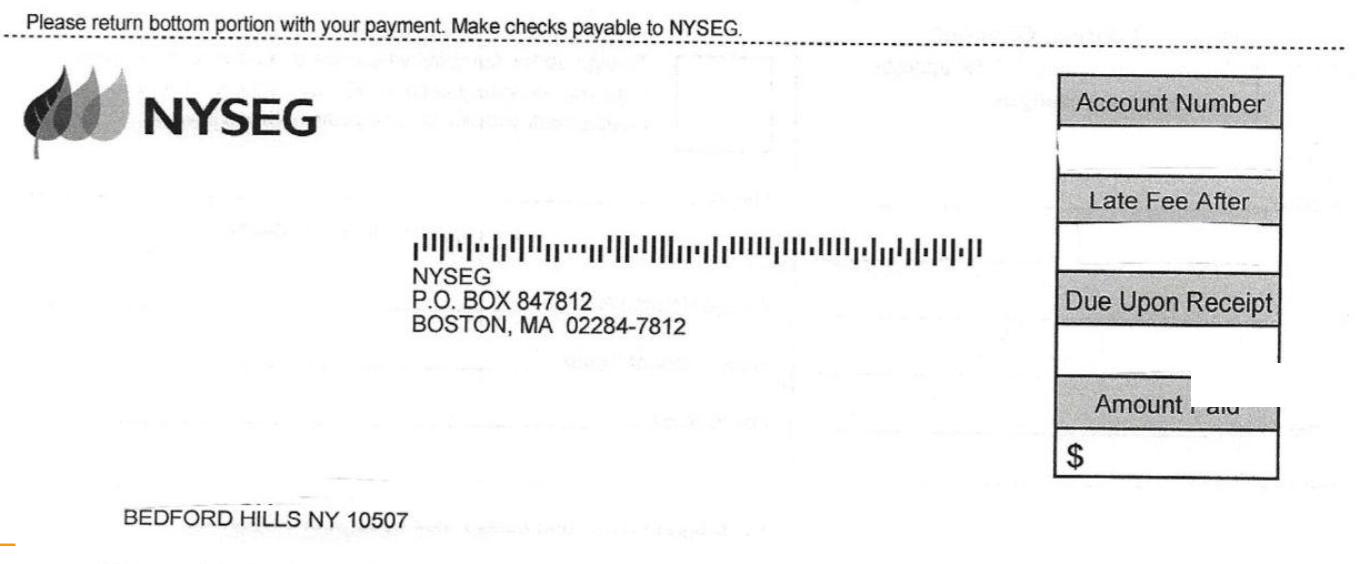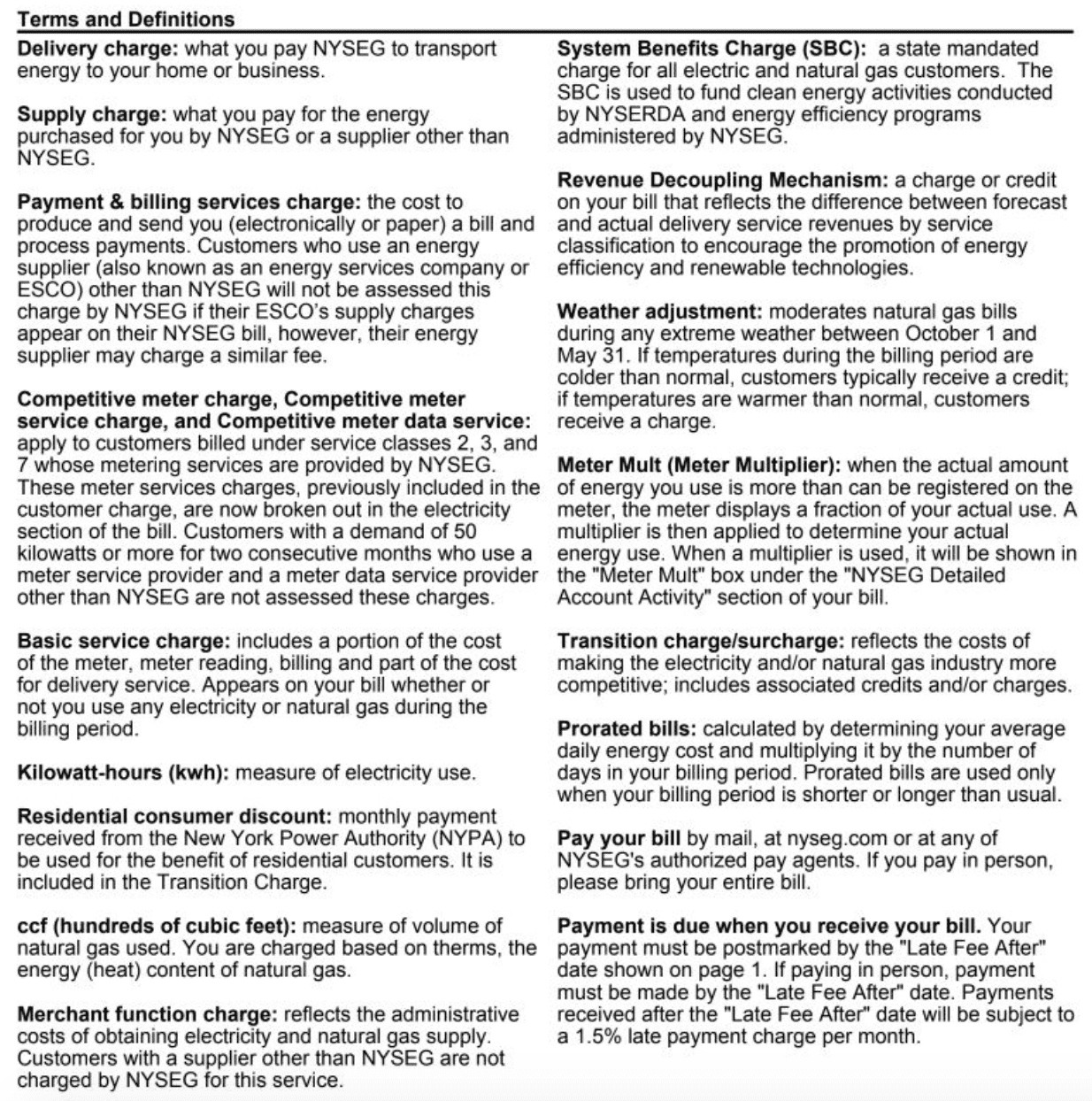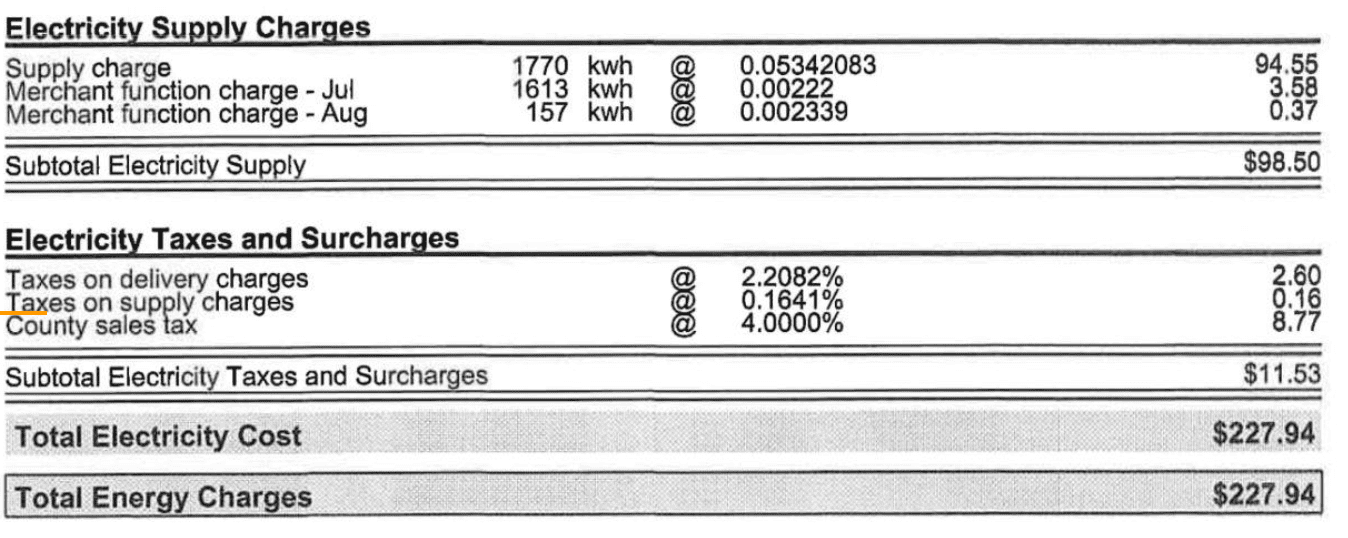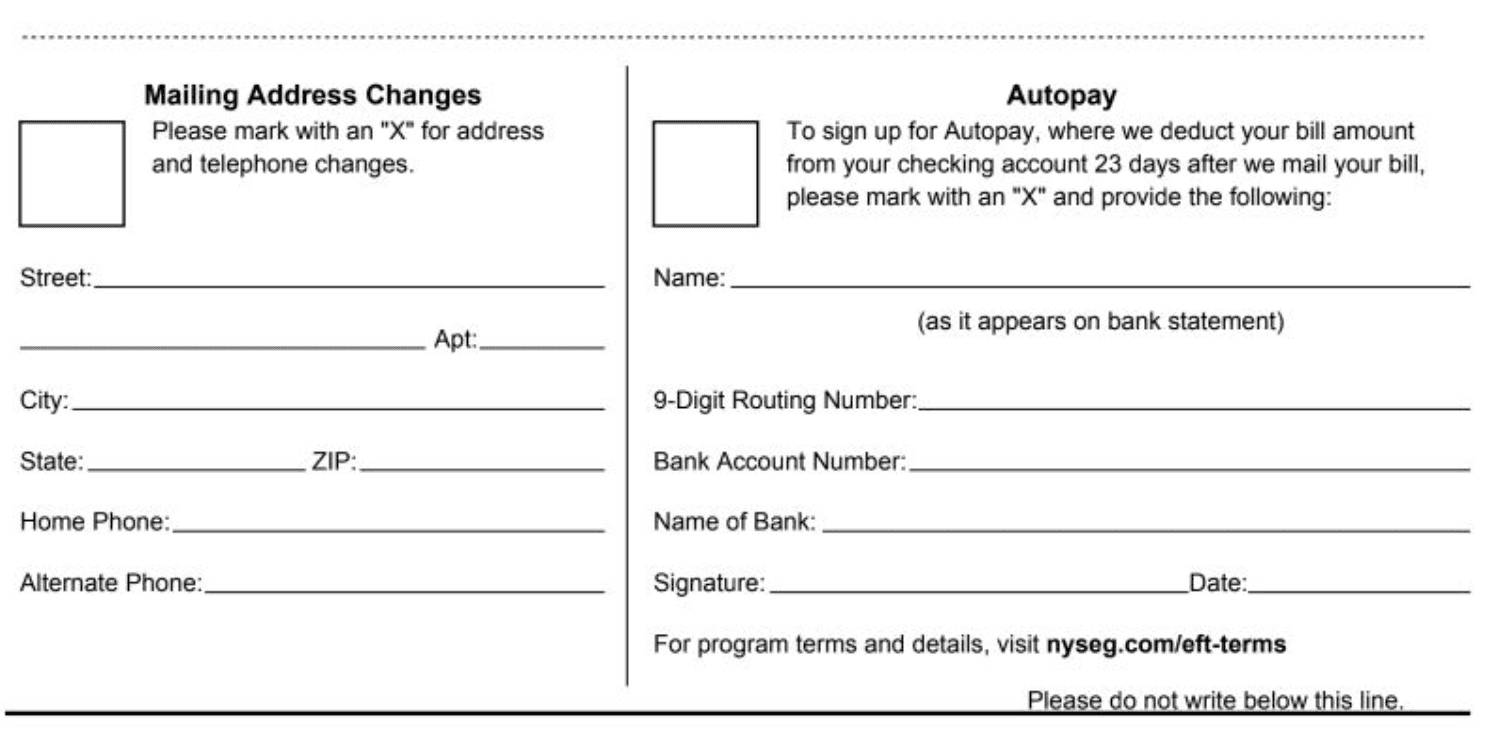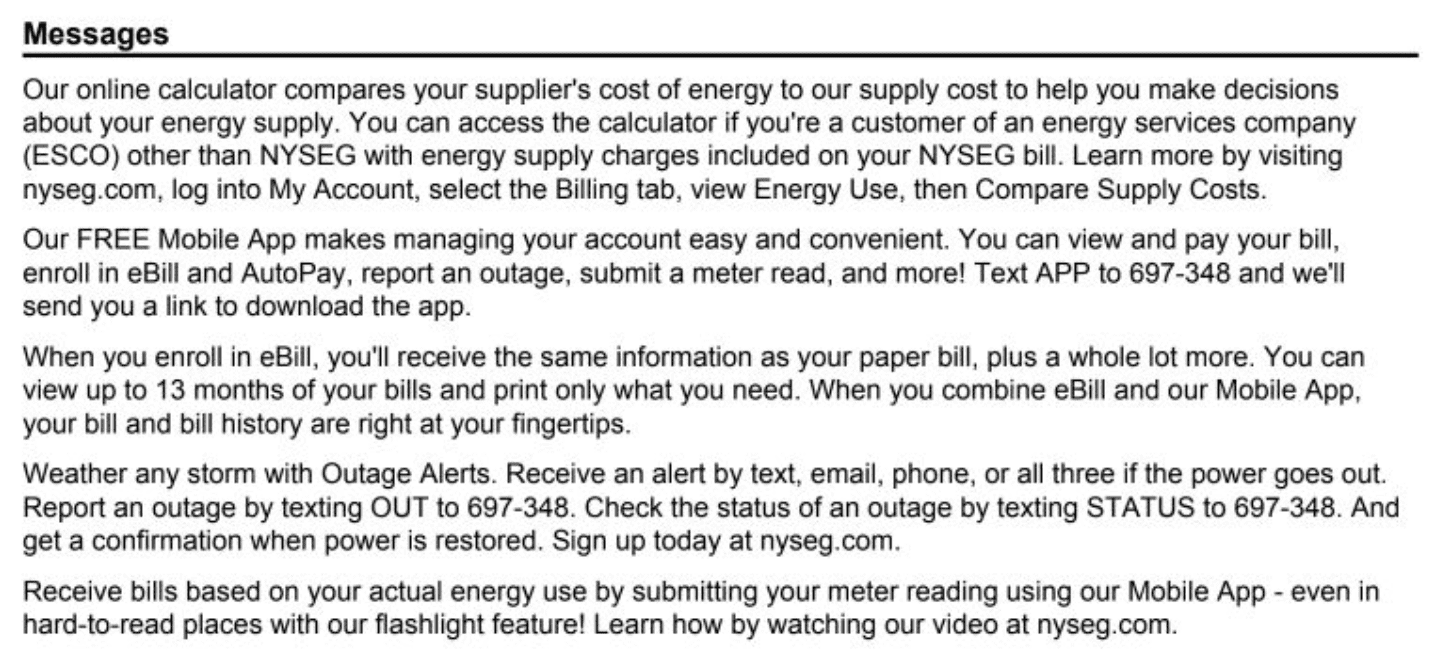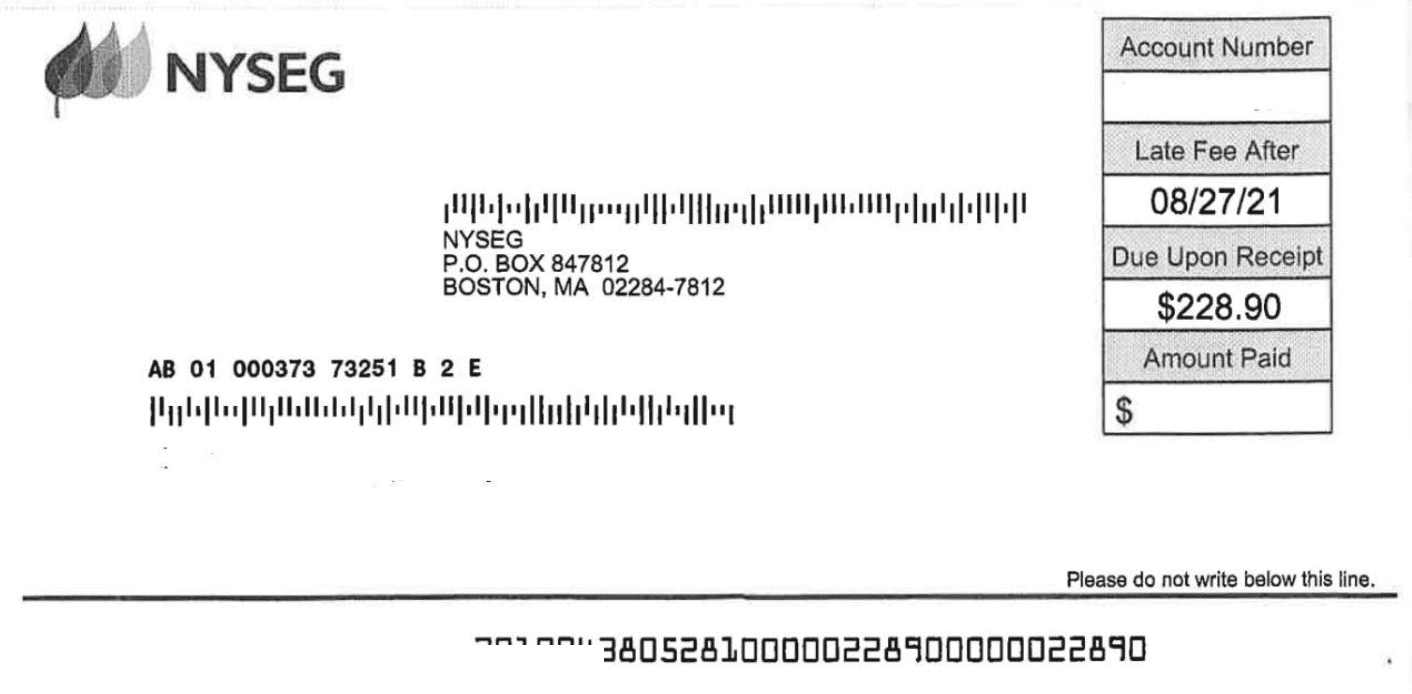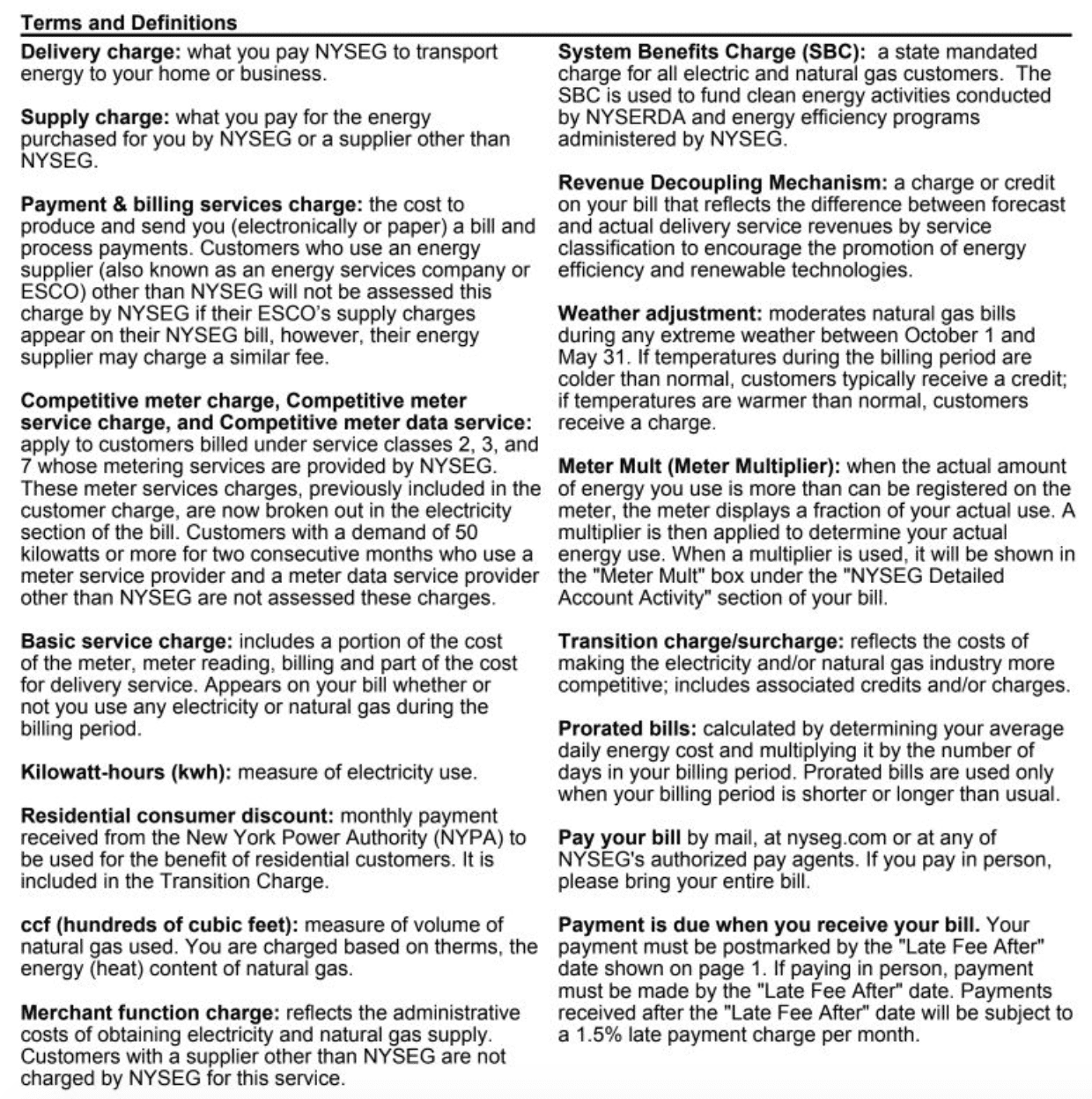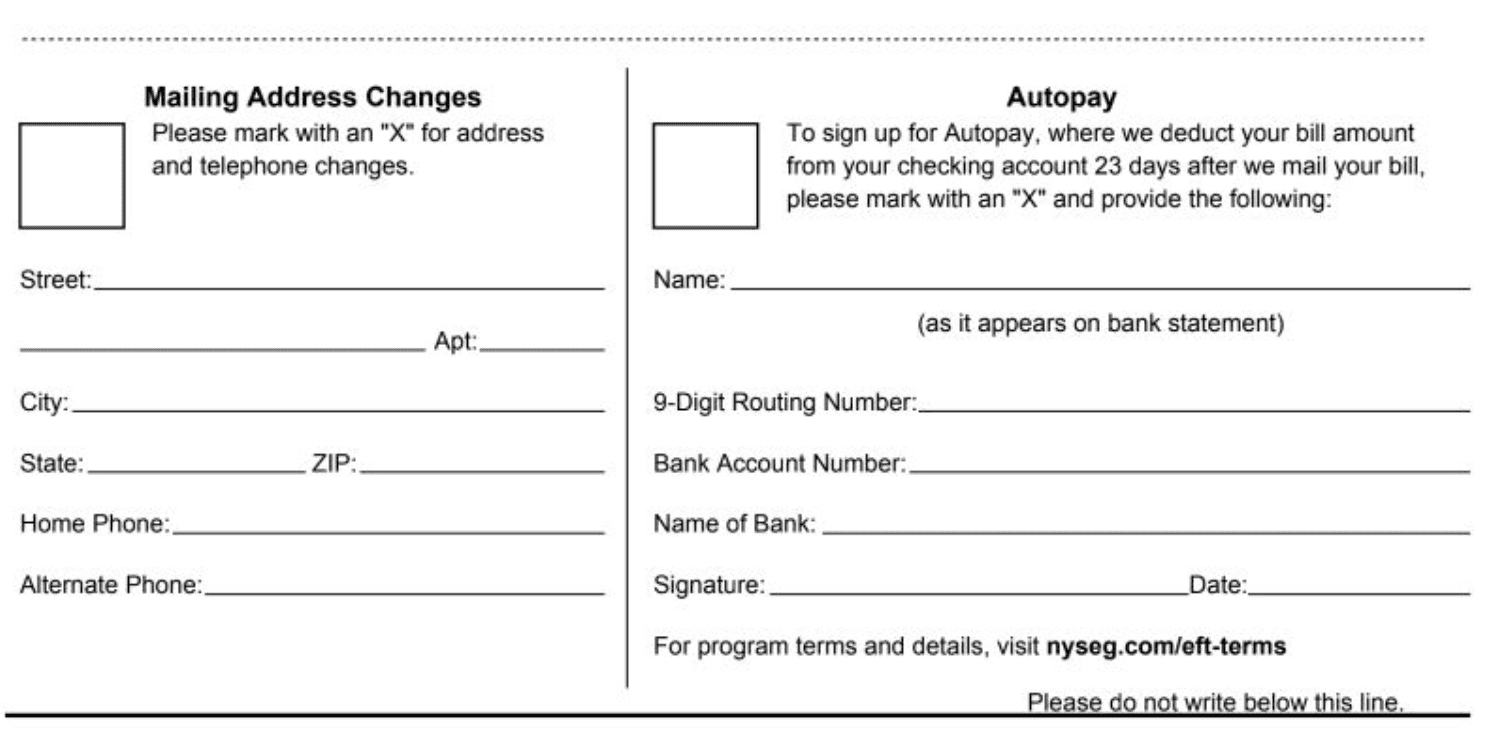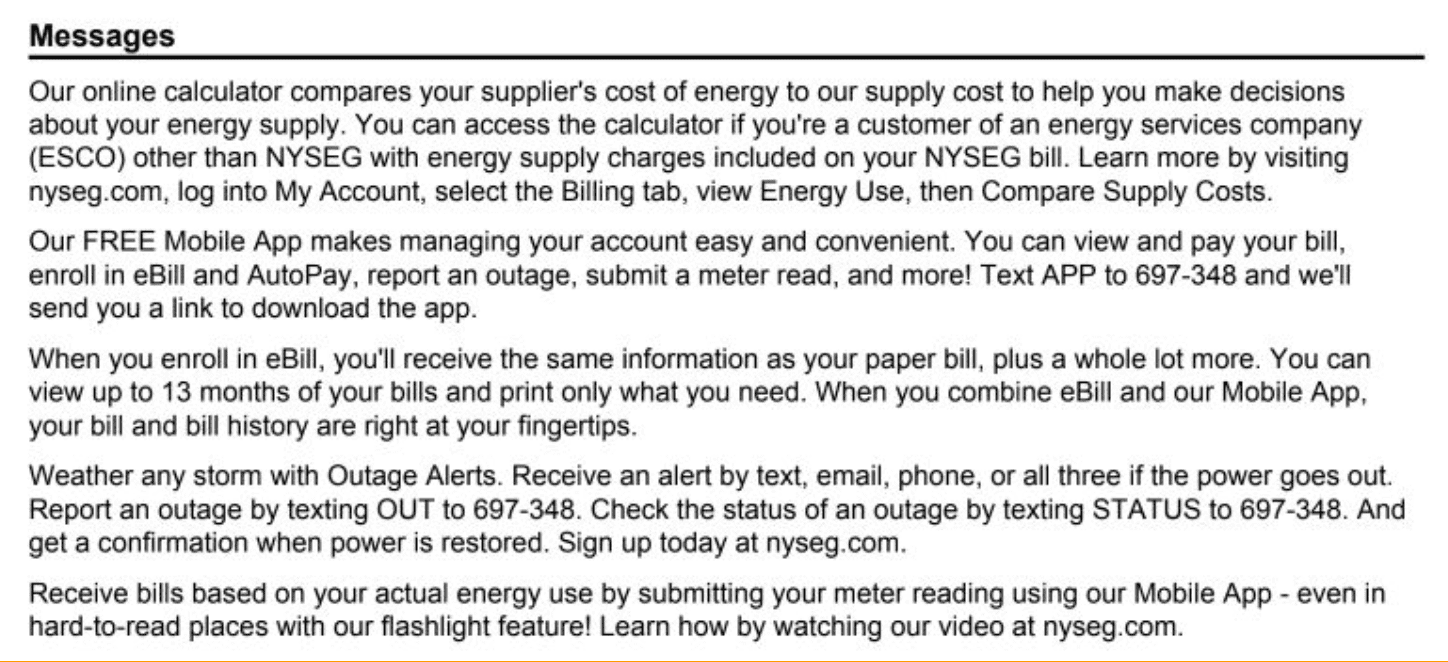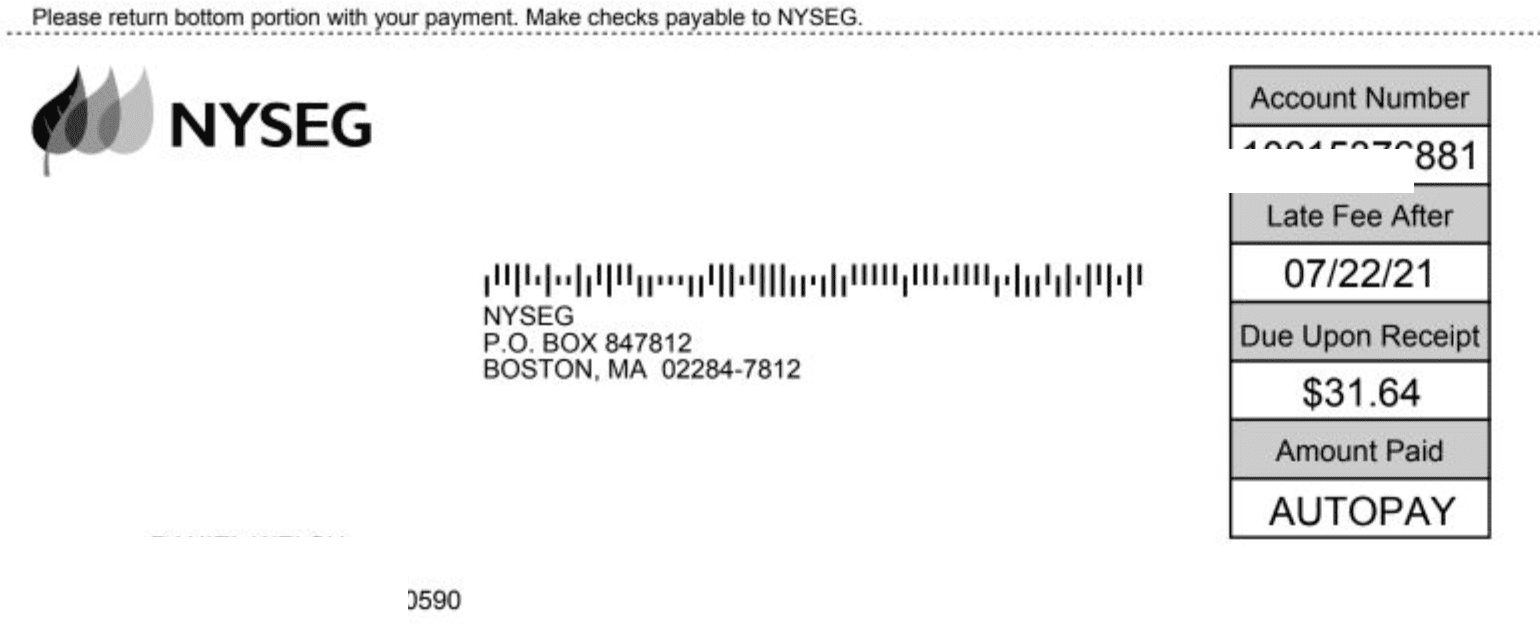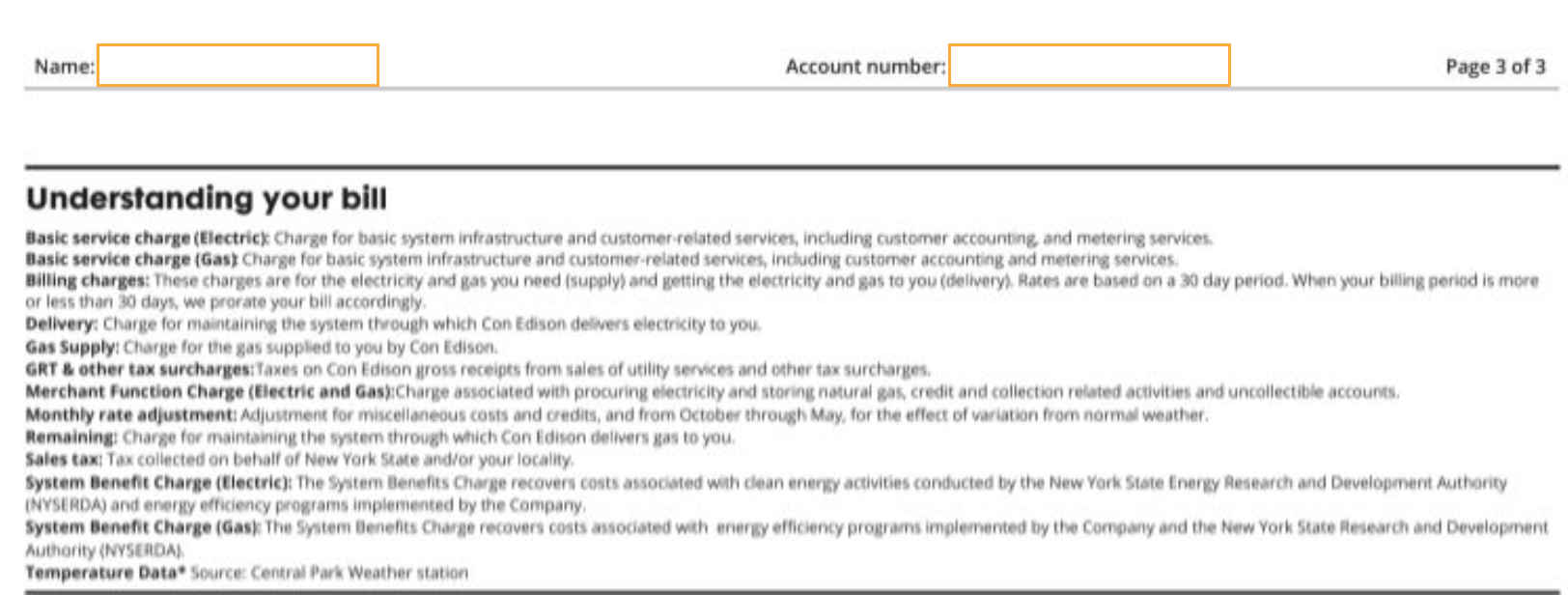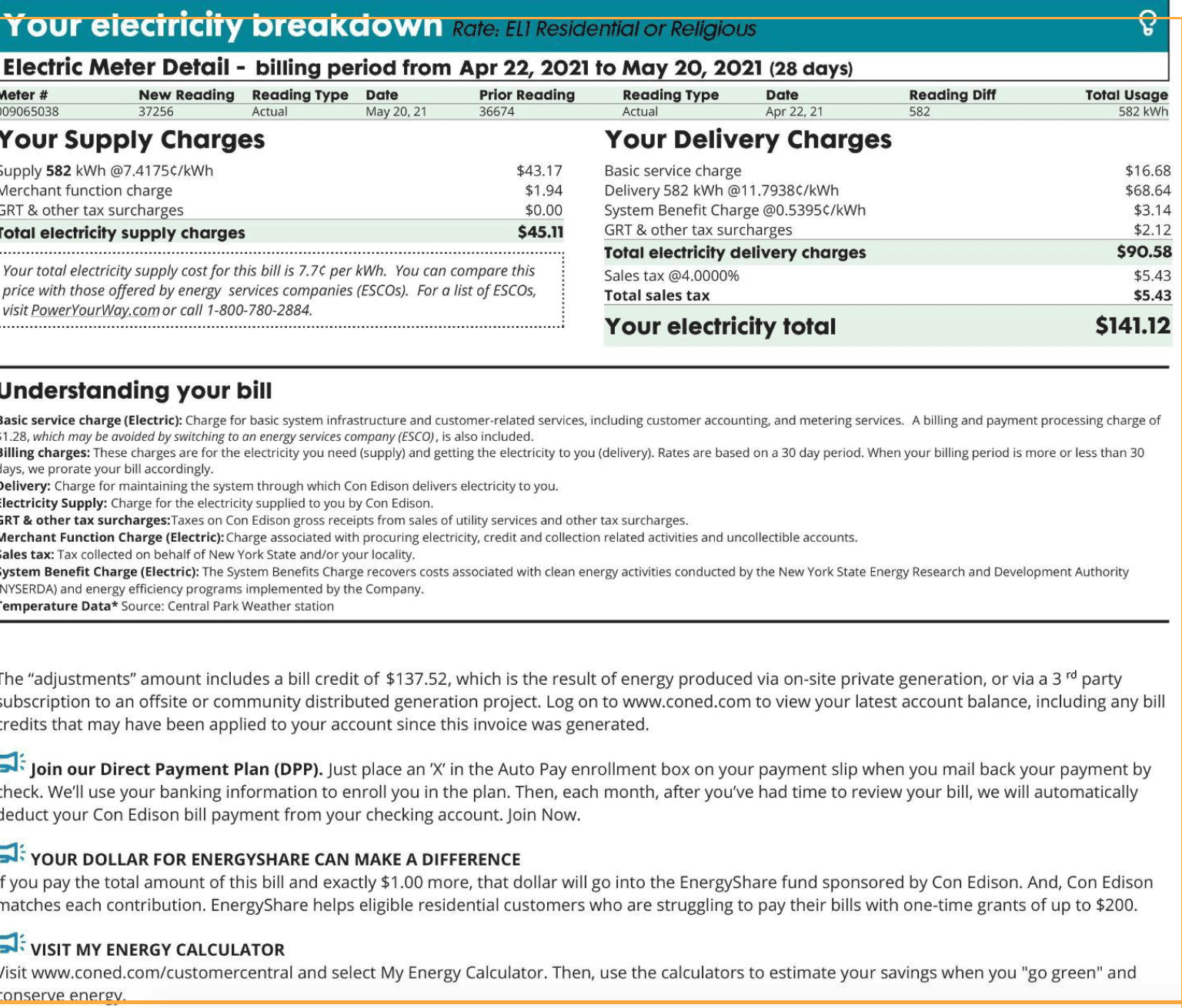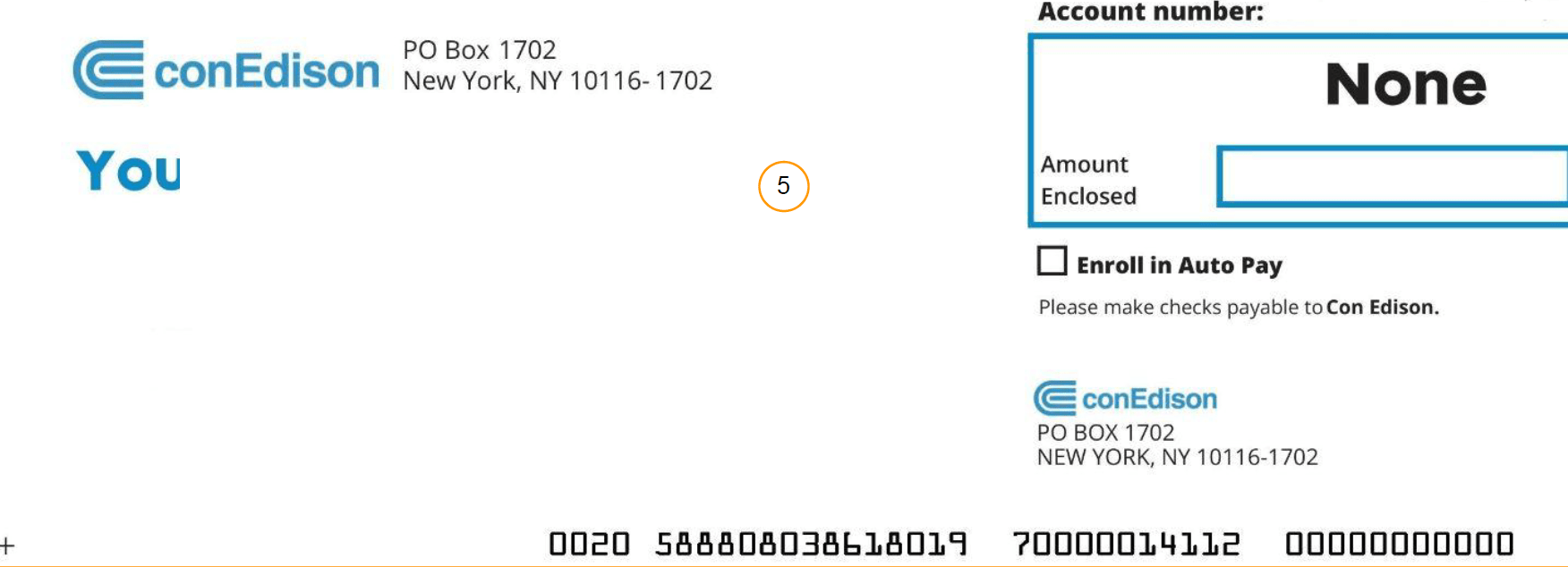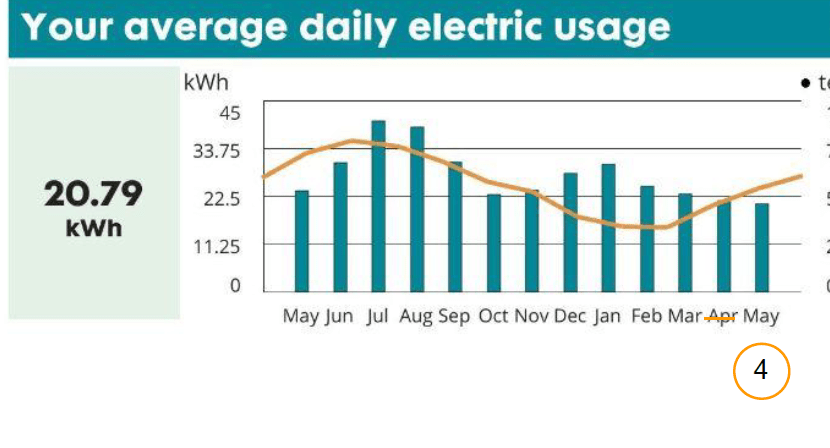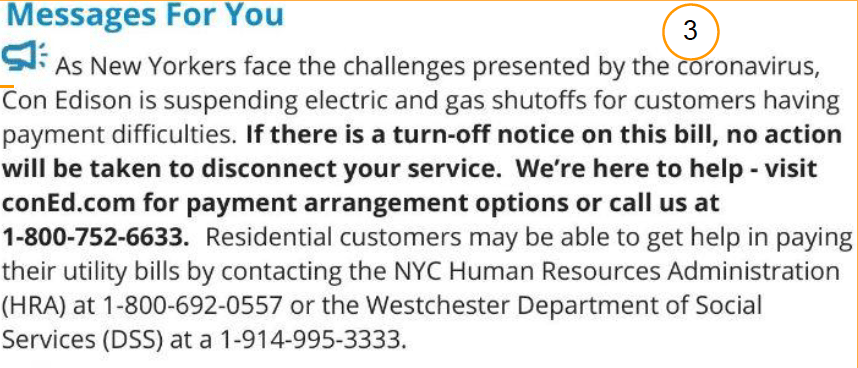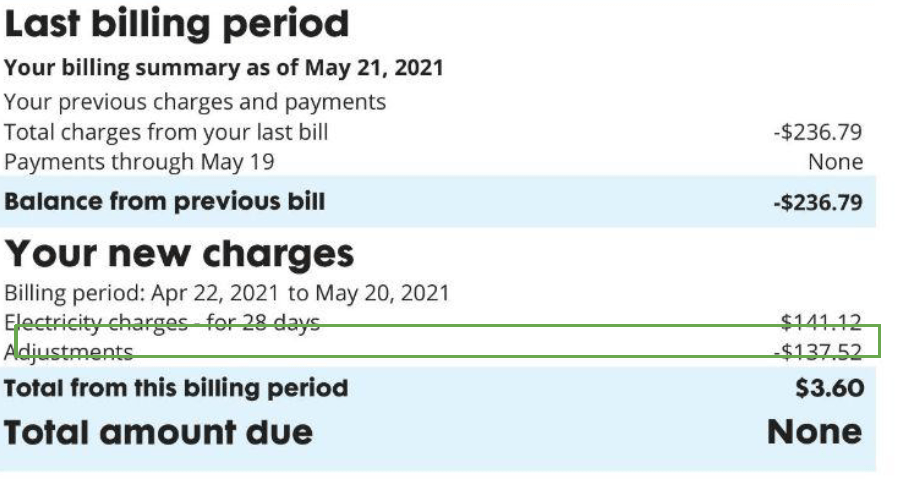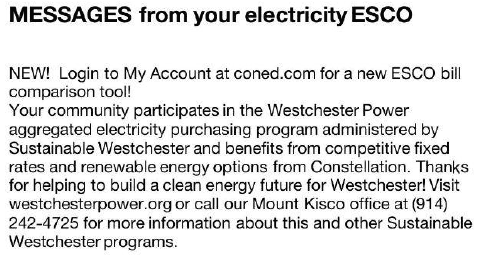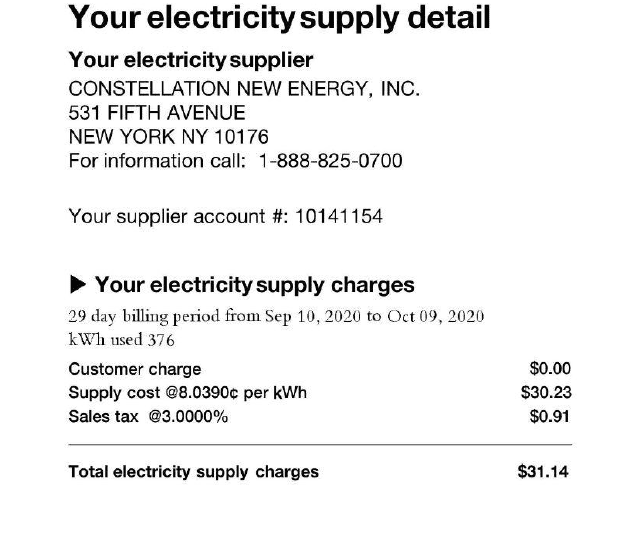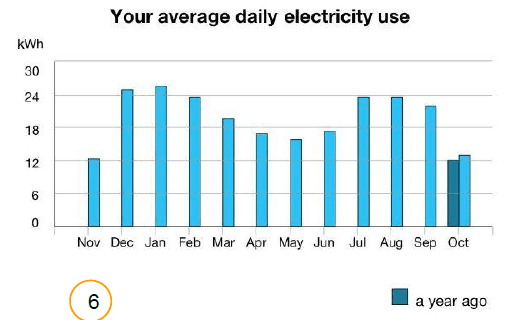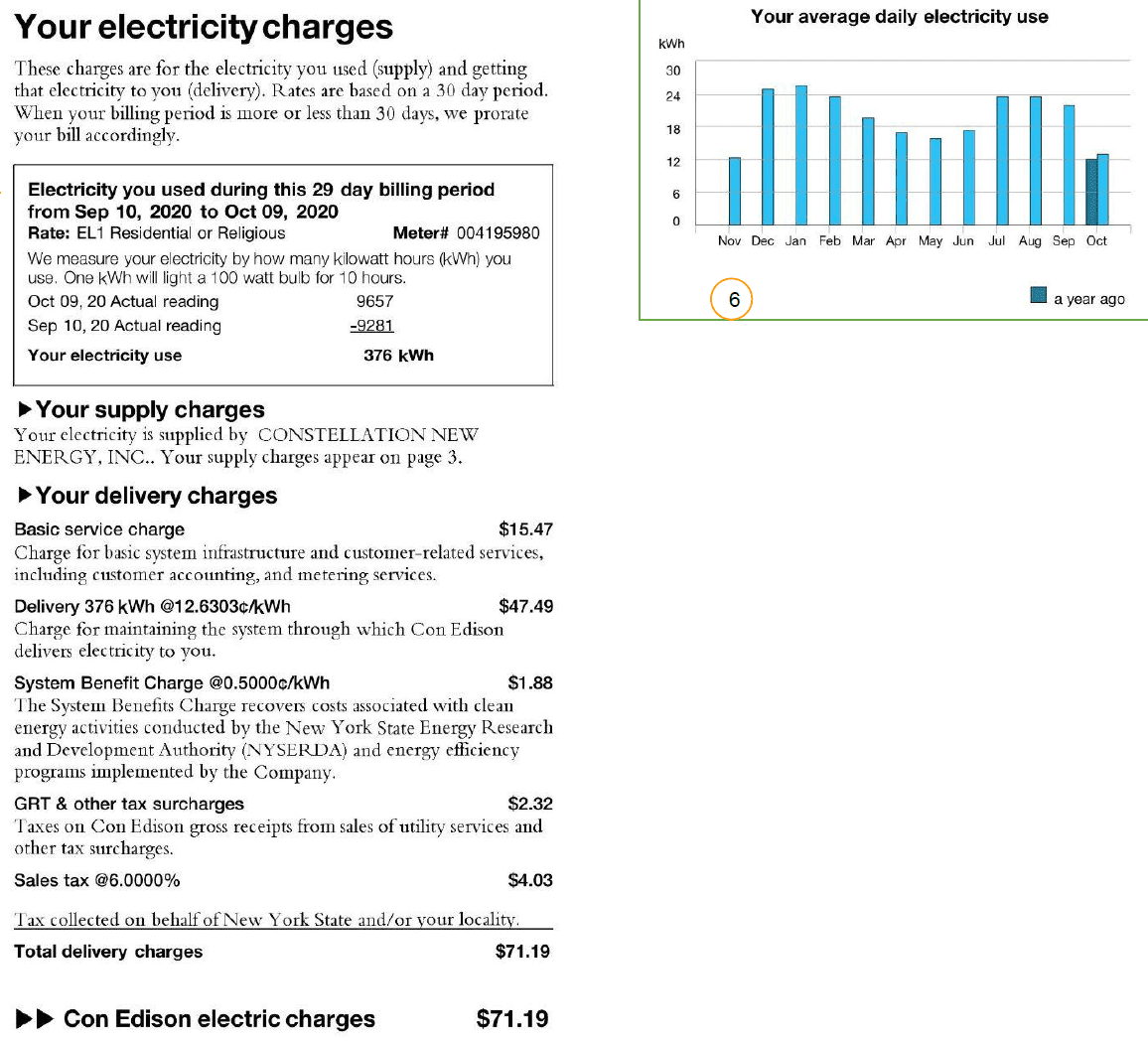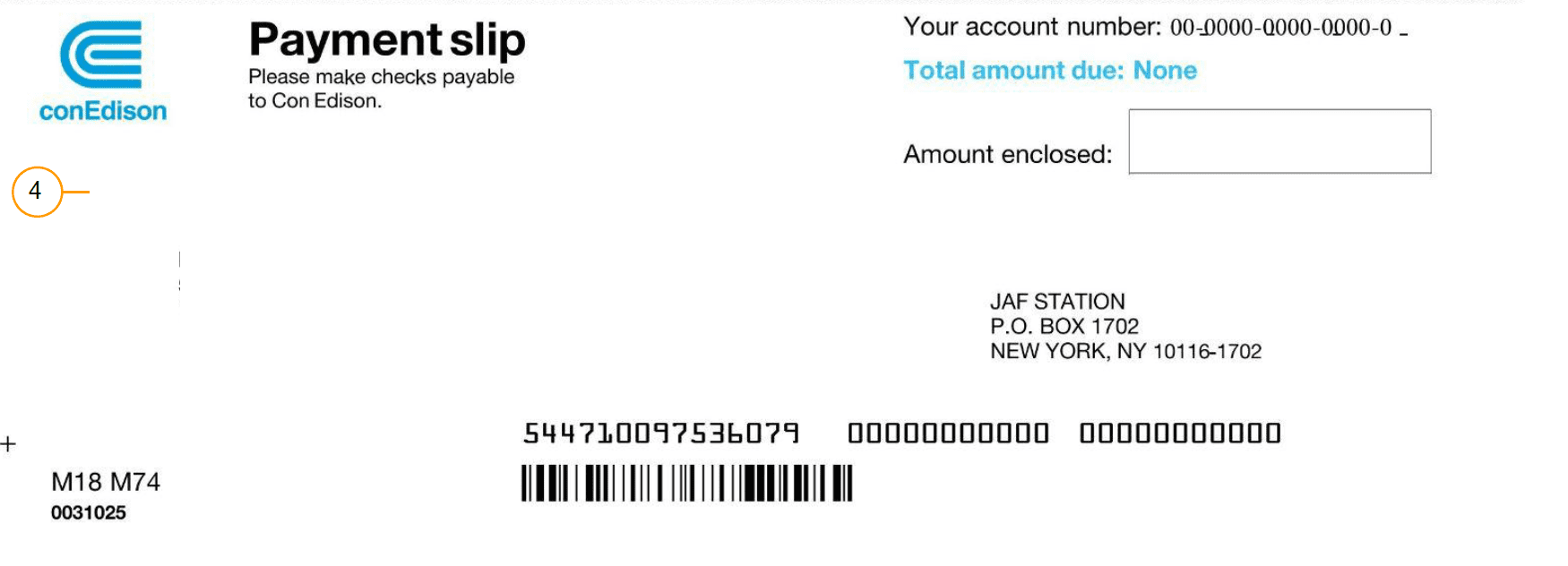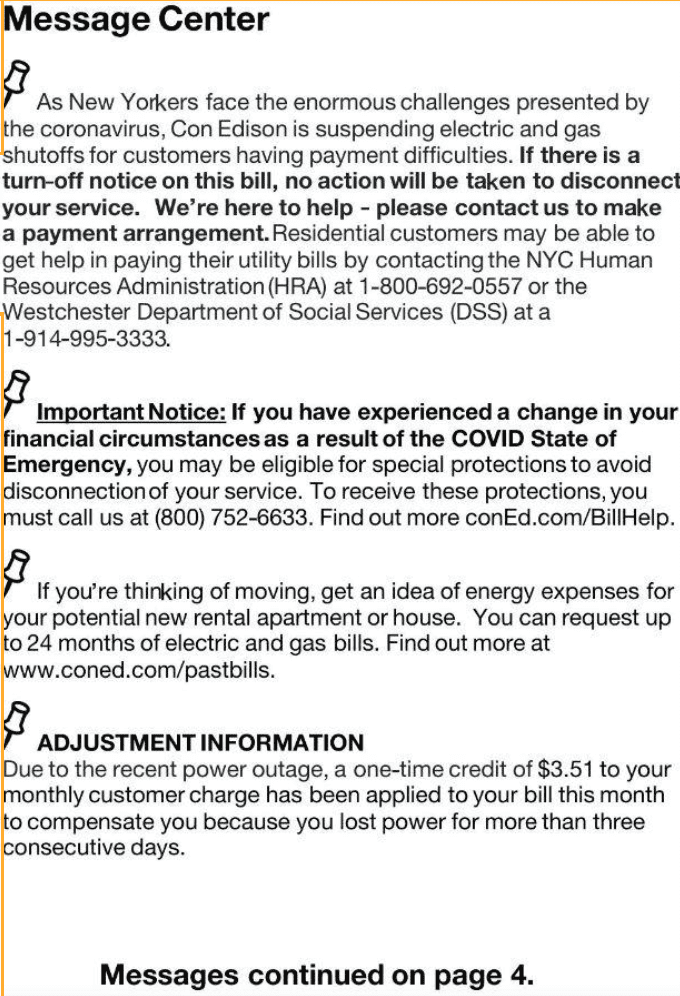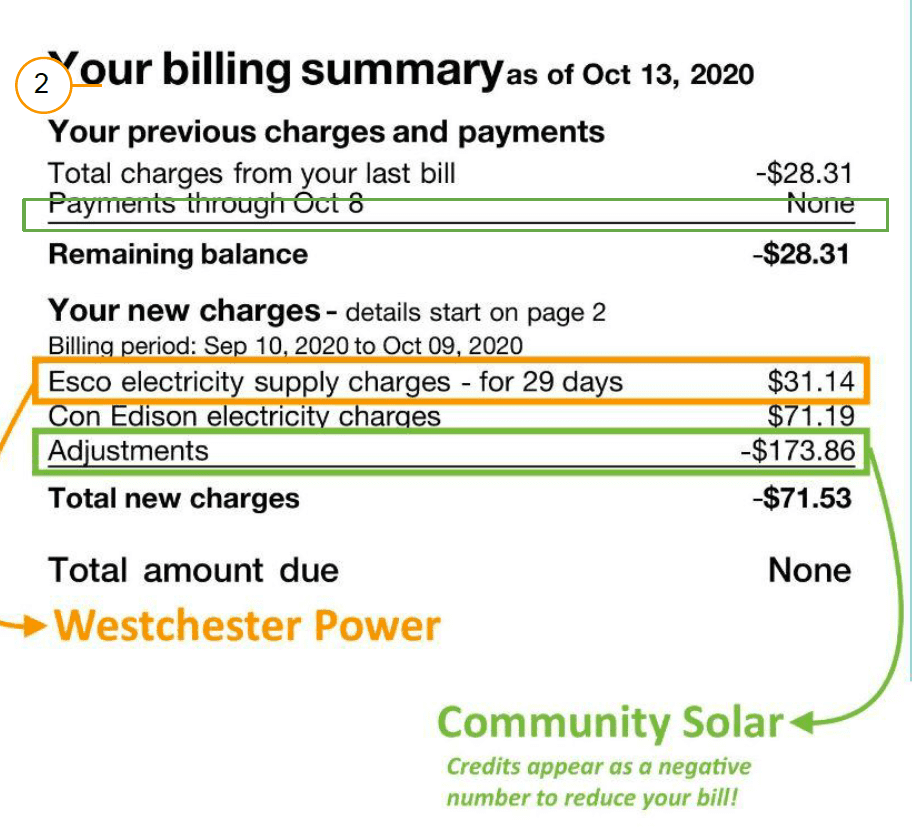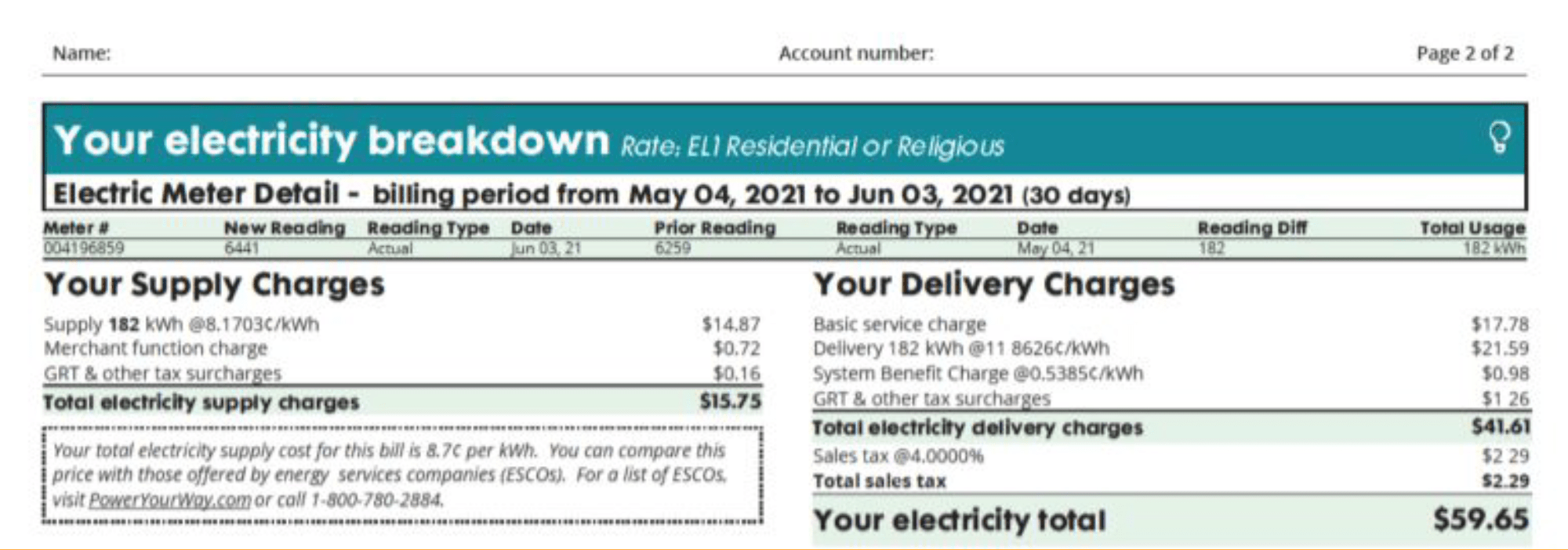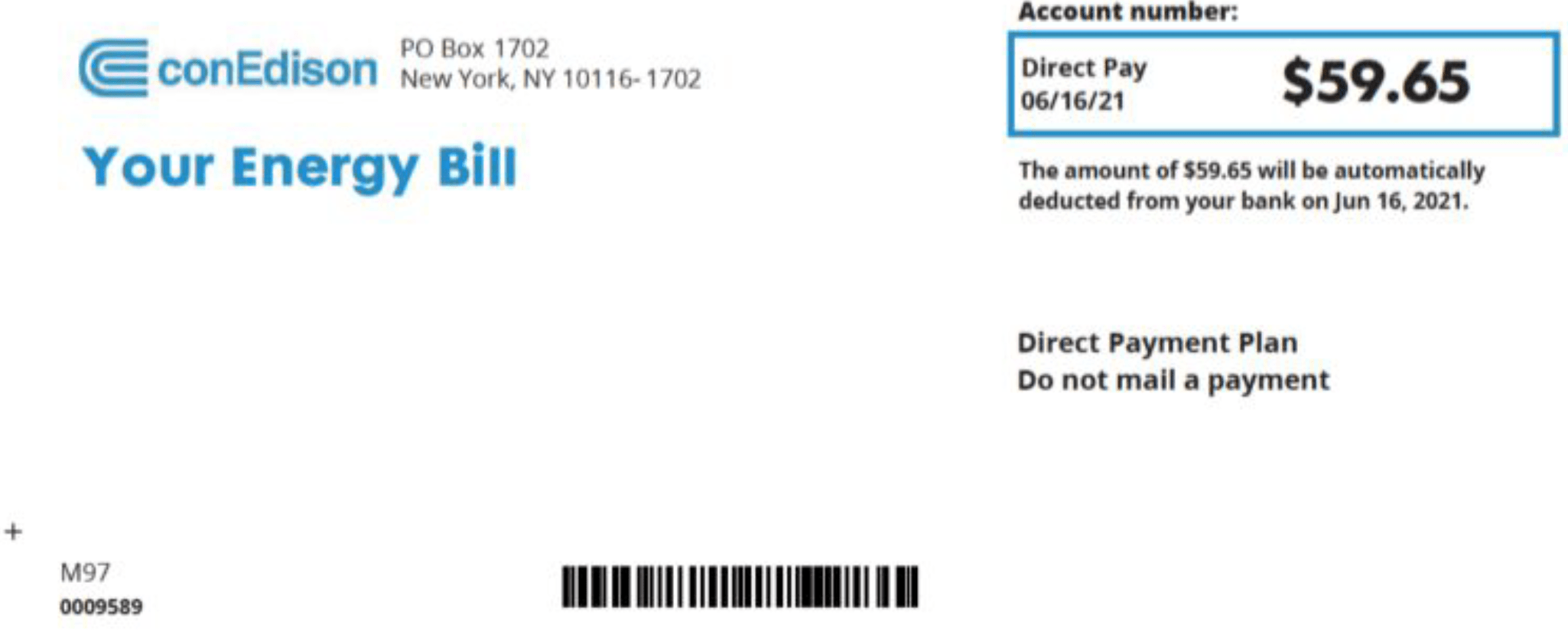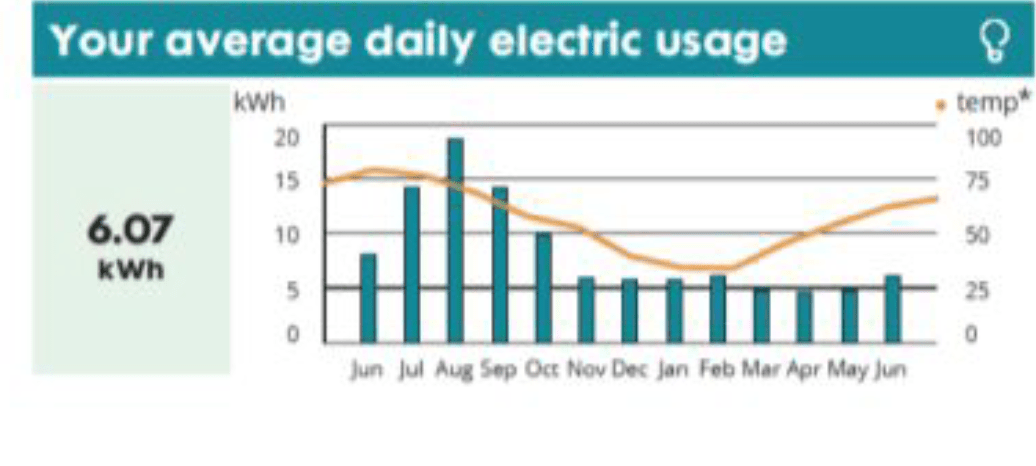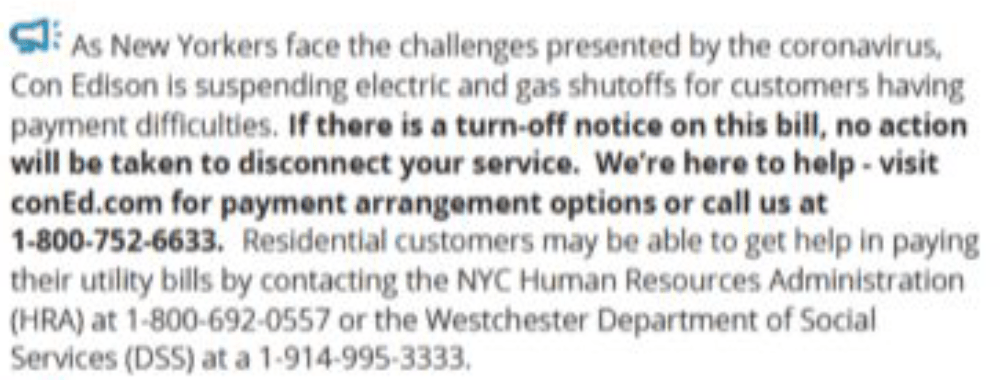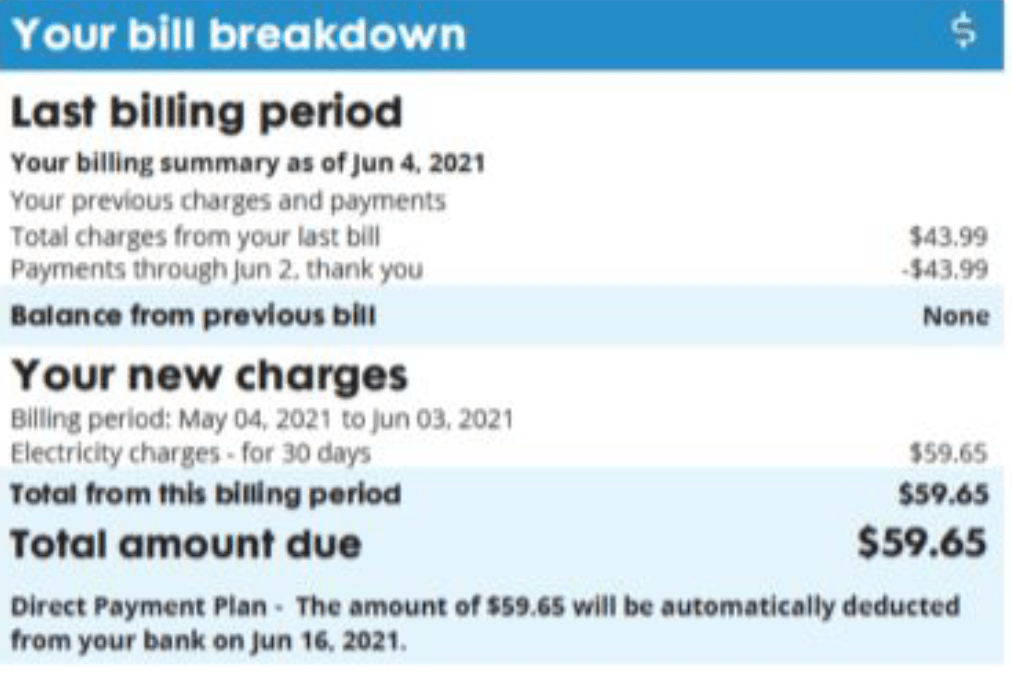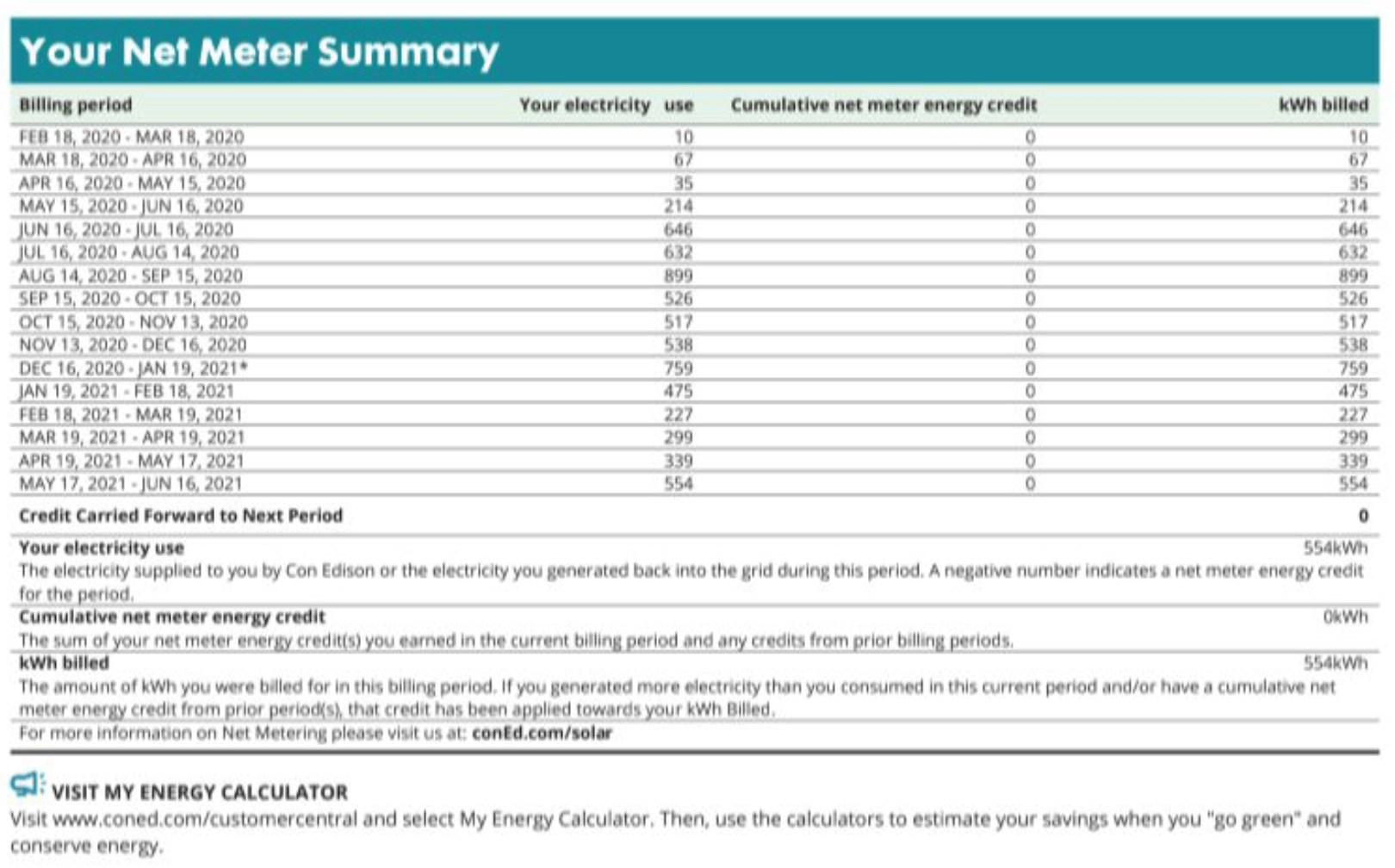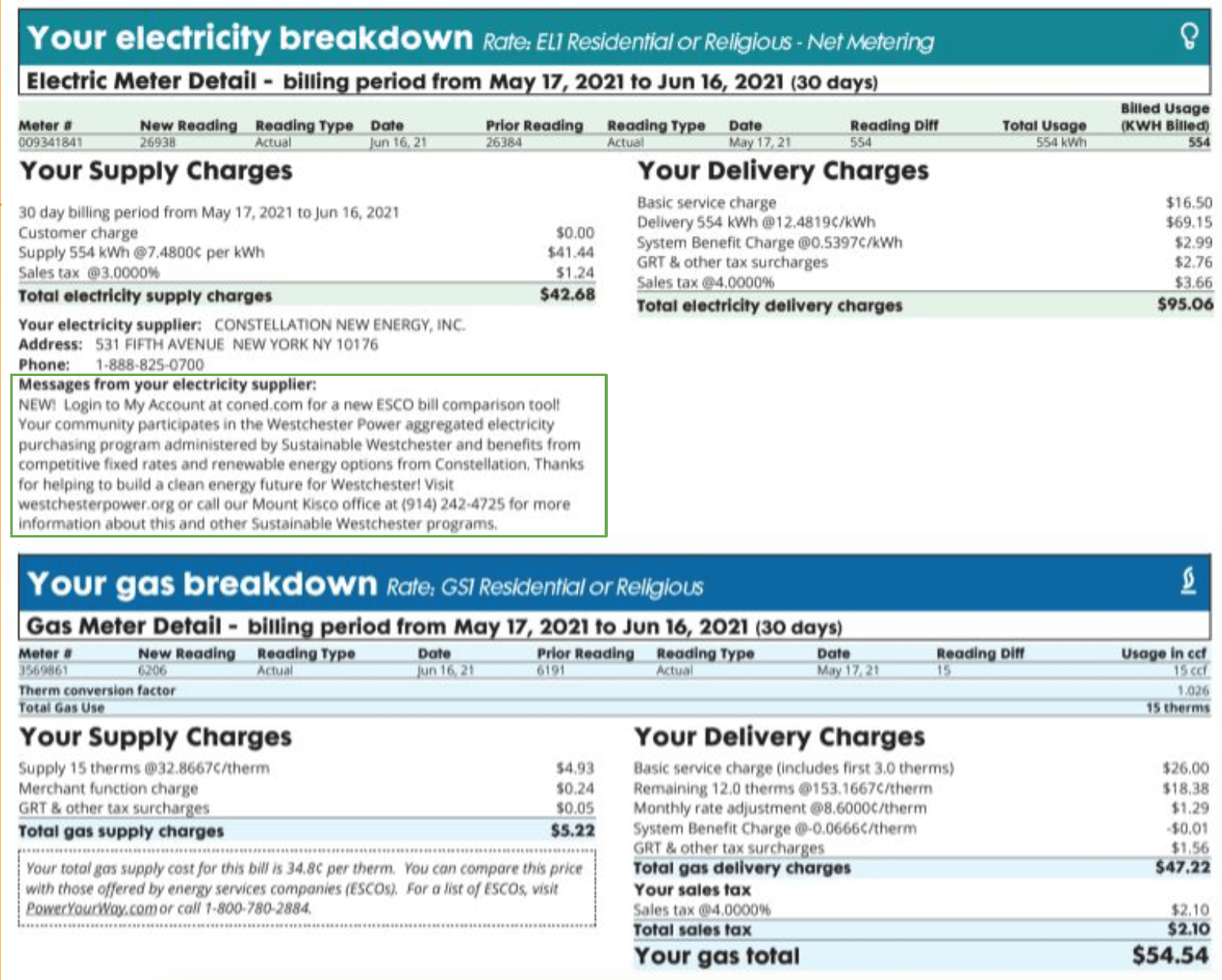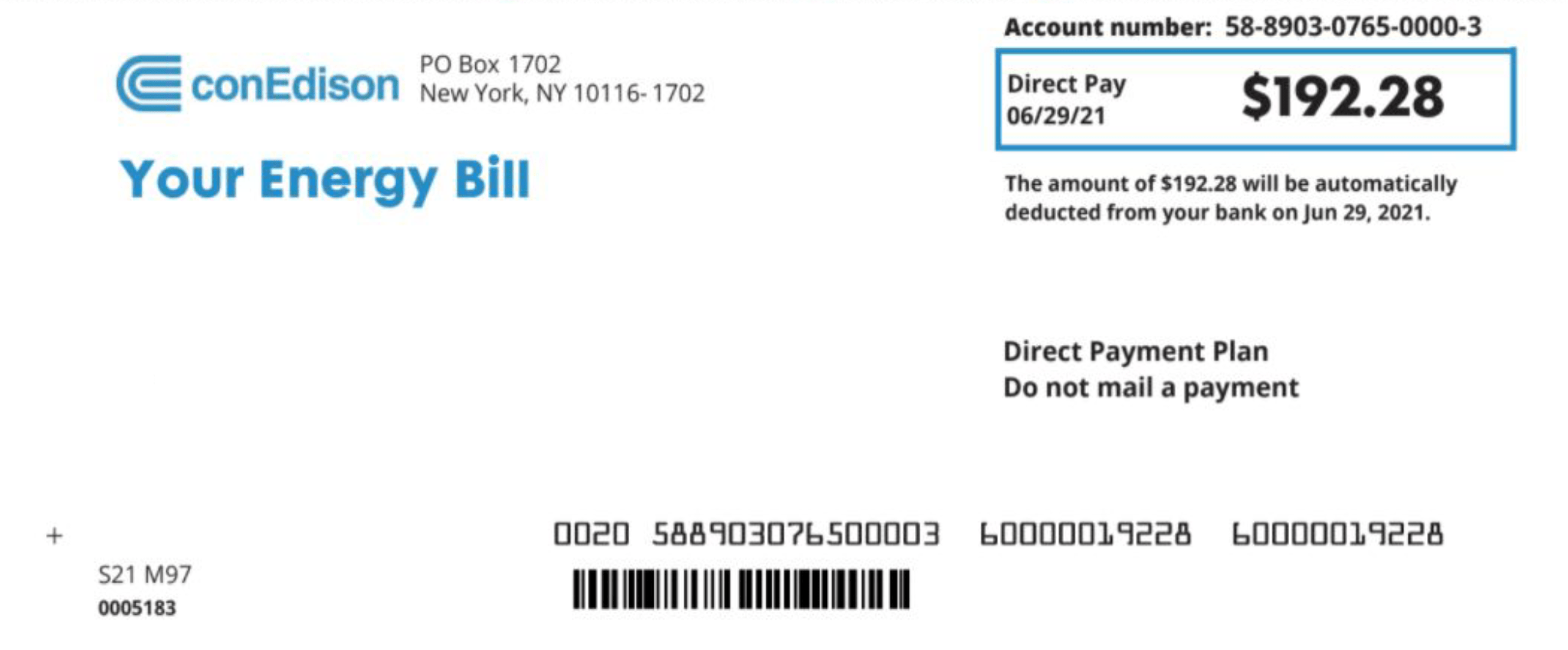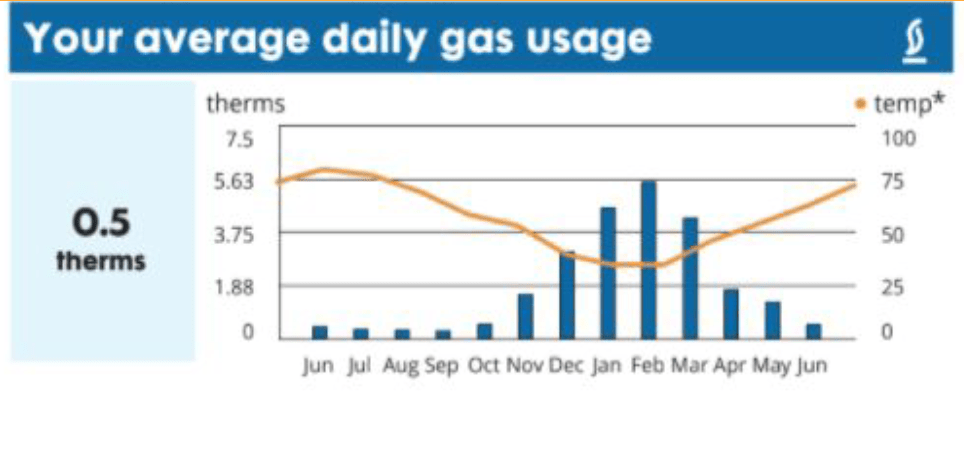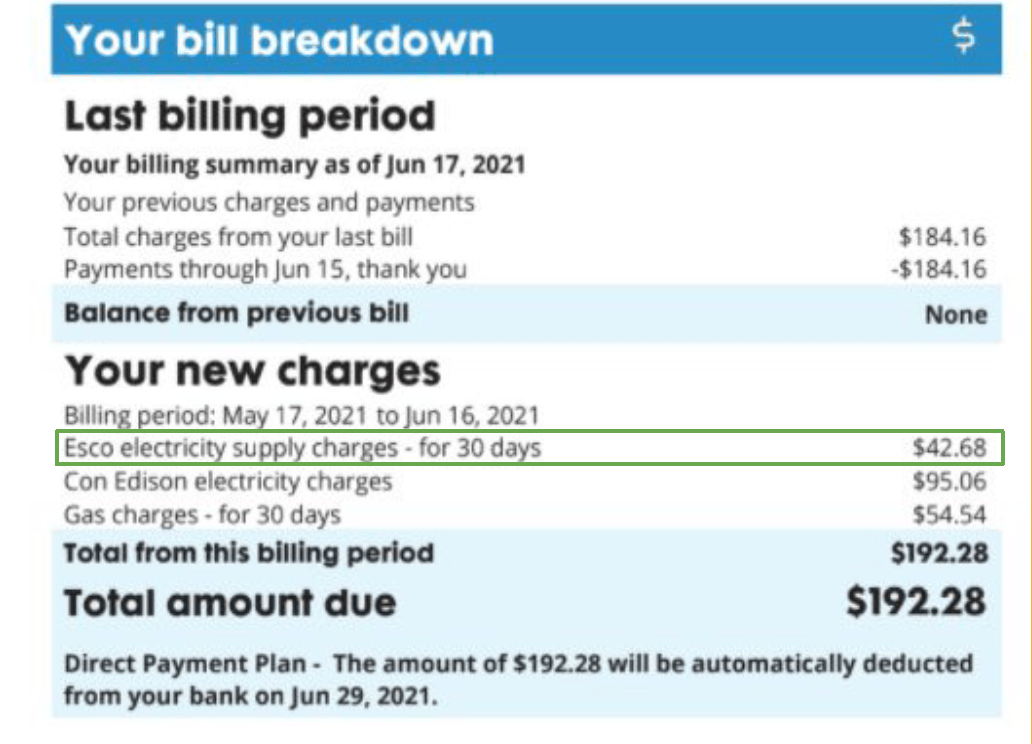Helping Low-Income and Underserved Households Access the Clean Energy Economy

Members of the Mid Hudson Regional Clean Energy Hub.
In 2022, New York State awarded $52 million to establish 12 Regional Clean Energy Hubs throughout the state, which serve as centers of outreach, awareness, and education that help foster residents’ participation, especially those in underserved or otherwise disadvantaged communities, in New York’s clean energy transition.
In its first year, the Mid-Hudson Regional Clean Energy Hub (under the name Smart Energy Choices – Mid-Hudson) has assembled a team of 16 members across nine organizations to serve the seven-county Mid-Hudson region, covering Dutchess, Putnam, Westchester, Rockland, Sullivan, Orange, and Ulster Counties. Energy Advisors located in each county are available to help renters, homeowners, small businesses, and nonprofits navigate the programs and resources available to them to reduce their energy burden. Importantly, Energy Advisors are educators and not salespeople. Their goal is to help utility customers make informed energy decisions based on their unique needs. Read on to see our one-year impact report.
“Everybody is hurting from higher energy costs. But not a lot of people know what exactly to do about it,” said Frankie Lede, an Energy Advisor based in Rockland County. “As an Energy Advisor within the Clean Energy Hub, I can be an educator or a resource for helping people address their energy issues. That is my motivation for doing my job.”
“It’s the human ecology aspect of the work that I can be most helpful,” said Mike Murphy, an Energy Advisor based in Ulster County. “I enjoy helping people navigate some of the complex programs that are available so that they can find comfort in their own homes and not have to suffer energy insecurity, and also help the planet too, so that their children and their children’s children might have a place to thrive.”
In the program’s first year, Energy Advisors provided direct education to over 5,500 individuals through participation in 183 in-person and virtual events, and counseled over 600 households on clean energy programs. After talking with an Energy Advisor, one in three households acted on an energy program or project, 36% of which were connected with low-income programs and wrap-around services.
“We are working hard to increase our services to those households with the highest energy burdens,” said Collin Adkins, Co-Director for the Mid-Hudson Regional Clean Energy Hub. A home’s energy burden is the proportion of total household income spent on energy. “Forty-two percent of our neighbors are considered low-to-moderate income. It’s far too common for these families to be spending 20% or more of their income, just to pay their utility bills.”
Smart Energy Choices – Mid-Hudson is proud to be working with Sustainable Westchester to provide outreach and education throughout Westchester County. “Sustainable Westchester is able to help people from soup to nuts. We’ve got a list of recommended contractors, and we’re able to walk people through which technologies may be best for them. We try to help at every stage, provide information about the rebates, help narrow down the list of contractors, and also share the stories of the successful installations and neighbors that are happy with their projects,” said Sustainable Westchester’s EnergySmart Homes Director, Lauren Brois.
Lauren Kroell, also of Sustainable Westchester, said “There’s no problem that I feel isn’t solvable. … Whatever I can do, even if there’s not a lot that we can accomplish in the moment or at that specific time period, I want to emphasize that we’re always here to see what we can do, and I’m always eager to explore new potential options as well.”
“I was able to use some of [NYSERDA’s] programs, and I thought they were great. And when I found out that [Cornell Cooperative Extension] was hiring, and they needed help reaching out to the low- to moderate-income demographic, especially the Spanish speaking demographic, I thought it’d be a good fit. And I’ve always been in that sustainable world and being able to reduce my carbon footprint, so that was very attractive for me,” said Fernando Ahumada, an Energy Advisor based in Orange County.
On workforce development initiatives, NYCP’s Education and Careers Coordinator Cal Trumann, said “There’s lots of people doing good work, but they’re pretty siloed. And so, my hope is to provide resources to contractors, to new businesses, to workers, to community organizations who try and support workers, but also to provide a network of some sort. That is what I’m excited about, trying to get people into these jobs, make sure they know about them, make sure the jobs are good.”
Interested households can connect with their local Energy Advisor by calling the Mid-Hudson Energy Hotline at 845-605-0580, email [email protected], or fill out our intake form at MidHudsonEnergyChoices.org.
Westchester residents can reach out to Sustainable Westchester’s EnergySmart Homes team by calling 914024204725 ext.122 or emailing [email protected].
Expanding Opportunities in the Clean Energy Workforce
In addition to the services offered by the Energy Advisors, Smart Energy Choices – Mid-Hudson is also thrilled to be working with New Yorkers for Clean Power (NYCP) to increase diversity and opportunities in the clean energy workforce in the Hudson Valley.
NYCP and Smart Energy Choices – Mid-Hudson recently co-launched a statewide coalition called Clean Energy Careers New York, which aims to help residents learn more about the green economy and give them the tools they need to join it. NYCP’s Education and Careers Coordinator, Cal Trumann, has already helped organize several career summits under this effort so far, with a special focus on racial, gender and economic equity.
“There’s lots of people doing good work, but they’re pretty siloed,” said Cal. “And so, my hope is to provide resources to contractors, to new businesses, to workers, to community organizations who try and support workers, but also to provide a network of some sort. That is what I’m excited about, trying to get people into these jobs, make sure they know about them, make sure the jobs are good.”
As New York’s energy transition accelerates, residents, businesses and communities across the State will have access to new opportunities to benefit from the clean energy economy including clean energy careers, home improvements, even rebates for businesses and personal transportation. NYCP is working with Smart Energy Choices – Mid-Hudson to build upon New York’s clean job pathway and expand outreach and resources on clean energy jobs. Together their efforts to help communities access programs to lower their energy burden and grow local clean energy careers is an ideal pairing of services.
Regional Needs Assessment
Despite some early successes, the Hudson Valley’s energy transition presents many obstacles, particularly for low-income and underserved communities. Forty-two percent of census tracts in the region have been classified by New York’s Climate Justice Working Group as “Disadvantaged Communities,” based on their environmental burden and climate change risk, population characteristics, and health vulnerabilities. The region is often noted for its historic yet energy-inefficient building stock, 59% of which was built before 1970, and electricity costs in the Mid-Hudson Region are higher than average utility prices relative to N.Y. and U.S. averages.
“We are working hard to increase our services to those households with the highest energy burdens,” said Collin Adkins, Co-Director for the Mid-Hudson Regional Clean Energy Hub. A home’s energy burden is the proportion of total household income spent on energy. “Forty-two percent of our neighbors are considered low-to-moderate income. It’s far too common for these families to be spending 20% or more of their income, just to pay their utility bills.”
In early 2024, Smart Energy Choices – Mid-Hudson will be hosting a series of public forums to engage disadvantaged communities in a regional needs assessment that will help direct the efforts of the program. With our underserved communities’ participation, the Hub will develop an Equitable Engagement Plan that will determine the strategic priorities for $250,000 in community campaign support and $300,000 in pilot project funding.
“Growing up in an area that’s heavily involved in the clean energy transition, and seeing the disparities between income, it’s made very clear who’s able to be involved in the clean energy transition. So, it’s important to be able to create that equity [regarding] who benefits from the funding,” said Amanda Catale, an Energy Advisor based in Putnam County.
“I just love helping people and making a difference in their lives by connecting them with resources that they sometimes desperately need,” said Faith Laudano, an Energy Advisor based in Dutchess County.
Awareness of programs and resources alone isn’t going to help New York meet its energy targets. Research consistently shows there are barriers to enrolling in programs, economic obstacles, difficulty during installations, and an excess of misconceptions that prevent people from realizing the full benefits of clean energy investments. In order to design their outreach and engagement to specifically address the many barriers that can arise, Smart Energy Choices – Mid-Hudson is partnering with the Consensus Building Institute (CBI) to complete a regional needs assessment in coordination with the communities they serve.
“So many factors pose challenges for communities’ access to clean energy. At CBI, we coordinate efforts to understand and solve such multi-dimensional problems, and this regional needs assessment is precisely that kind of project,” said Melanie Gárate, Senior Associate, Consensus Building Institute (CBI). “I’m eager to help these communities find a way forward and address barriers, by doing targeted, intentional outreach to local leaders and residents.”

Mid Hudson Clean Energy Hub, Year 1 Impact Report.
